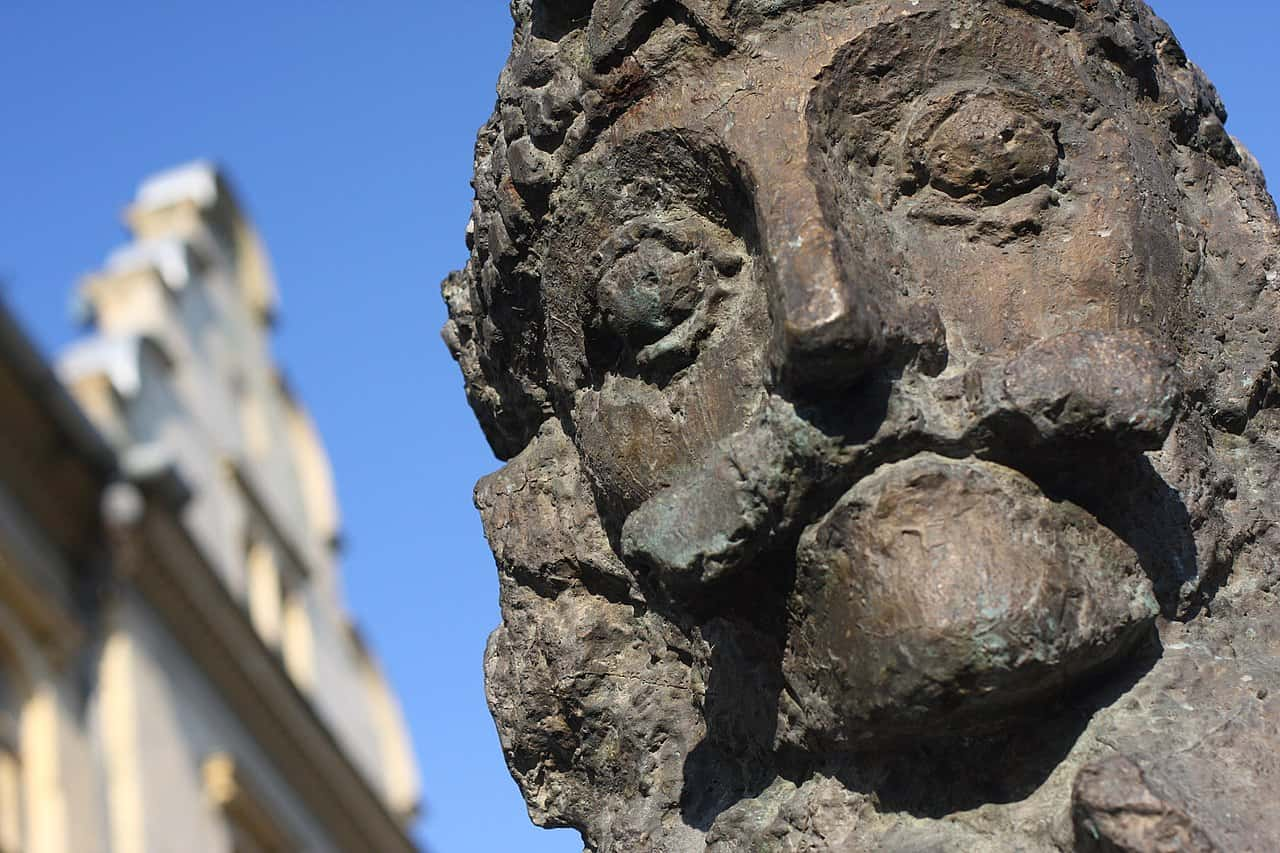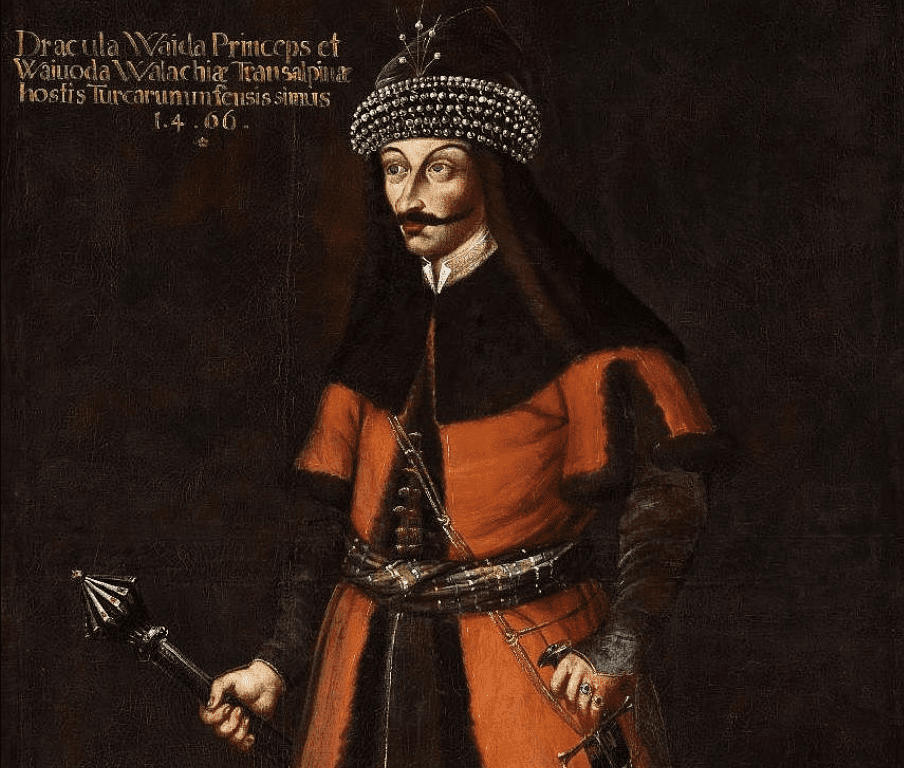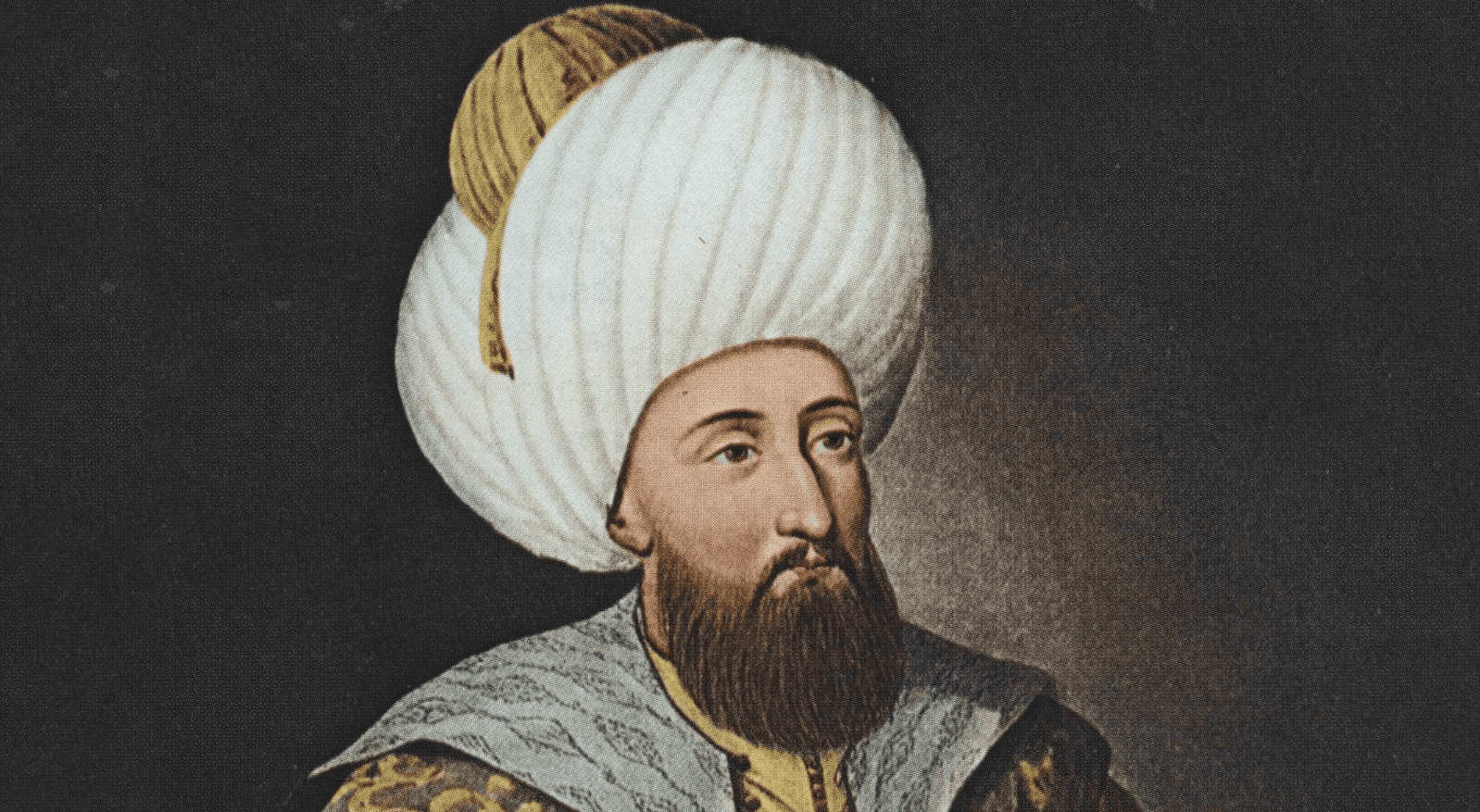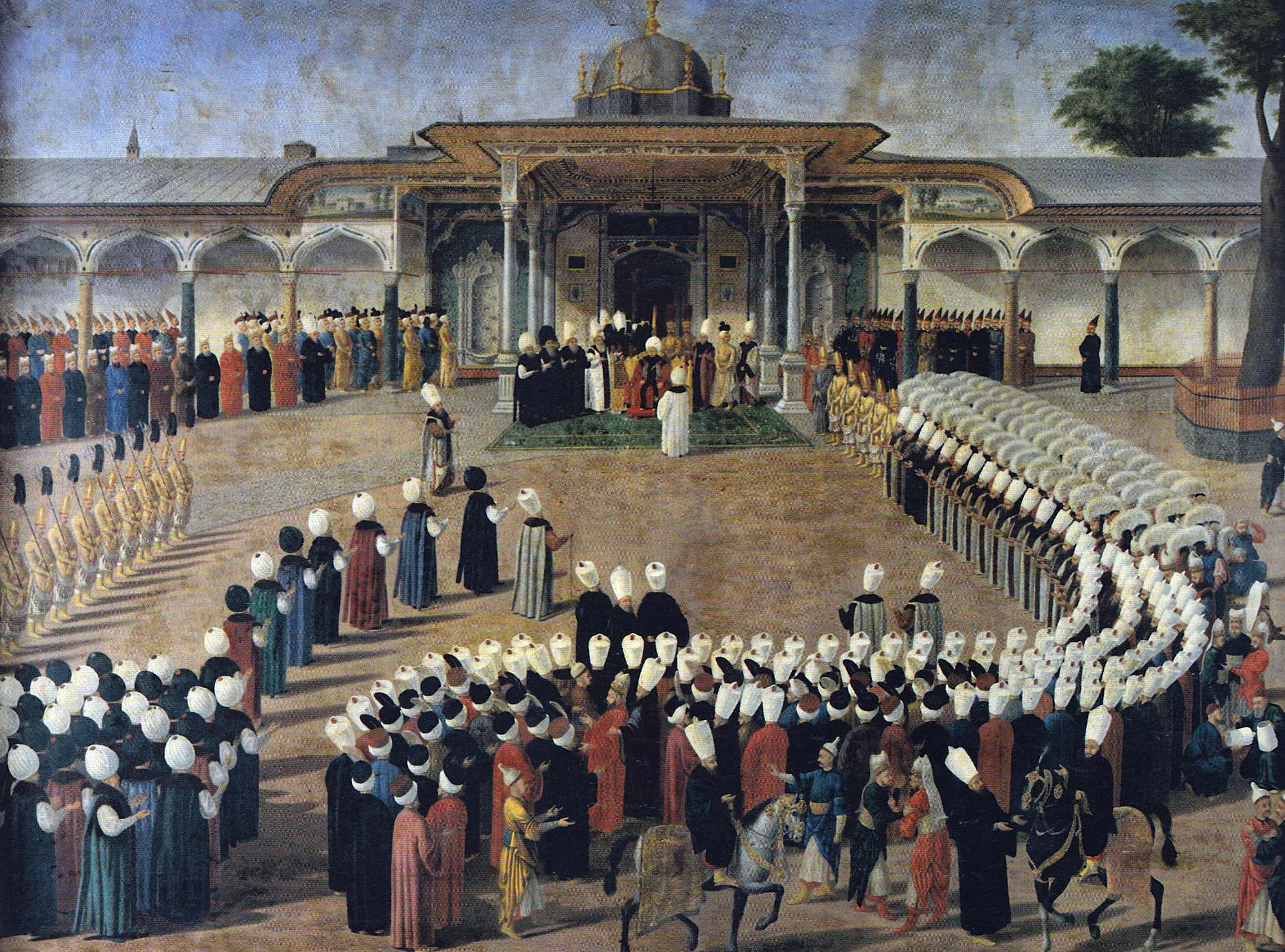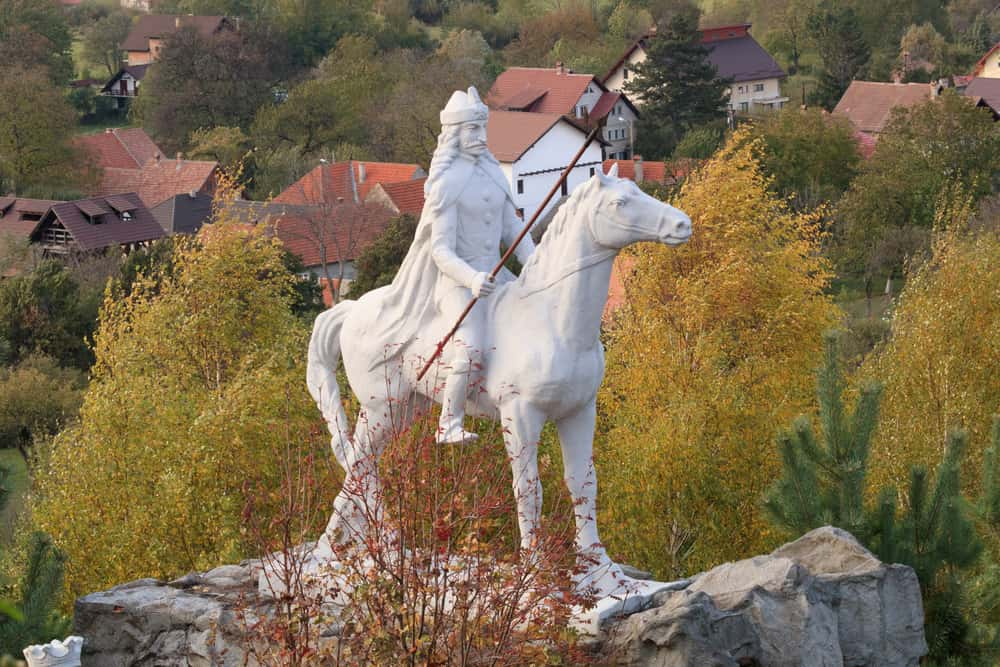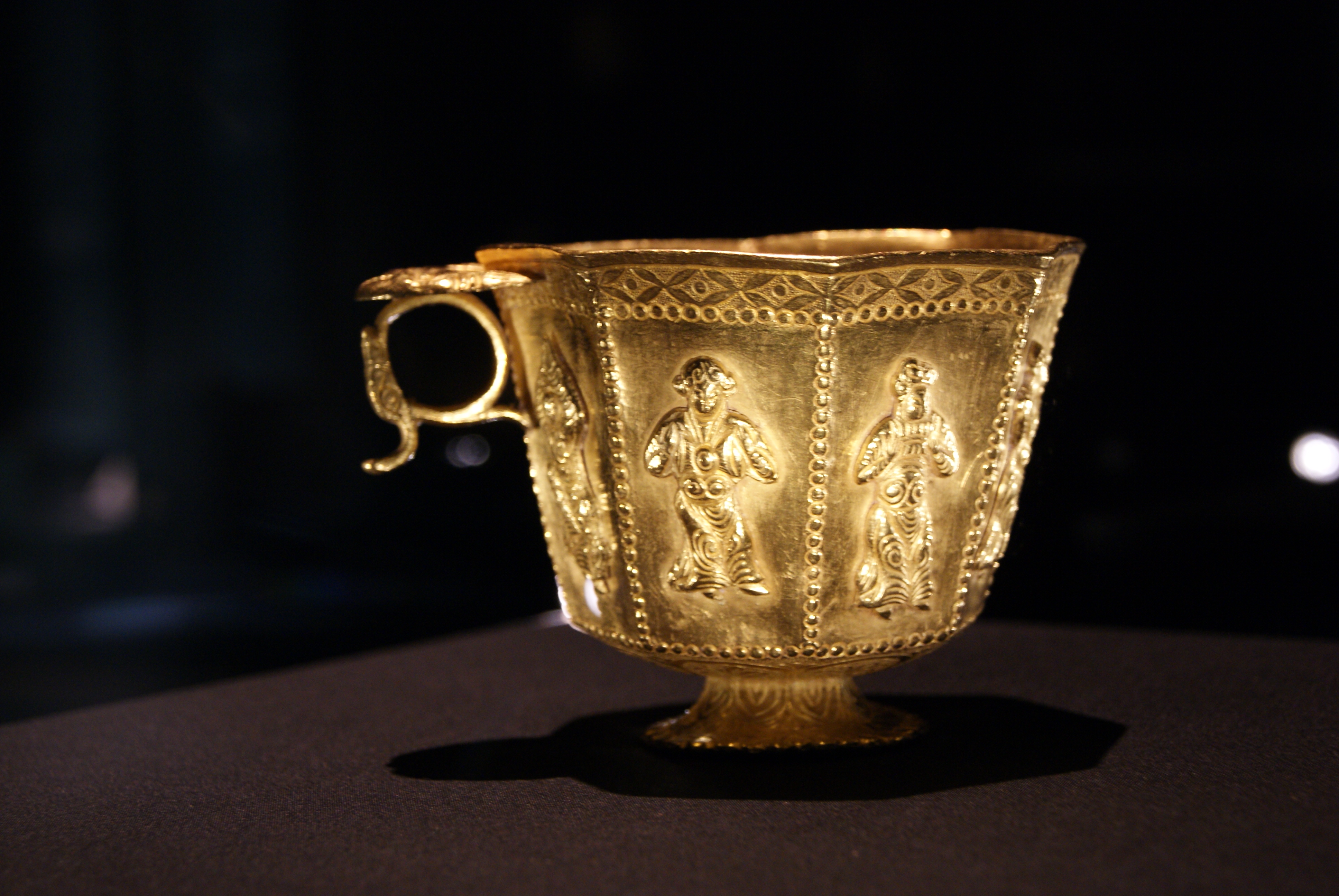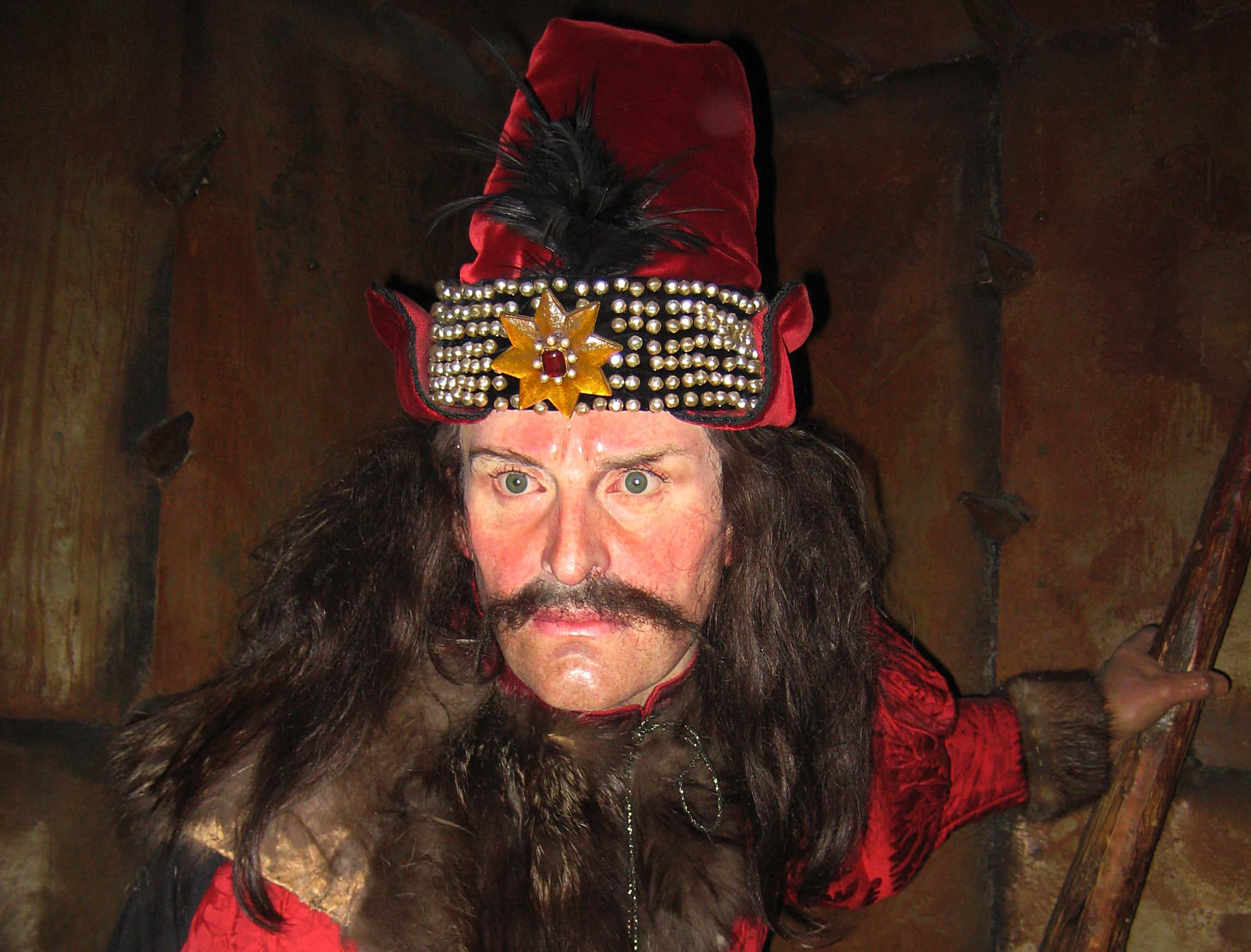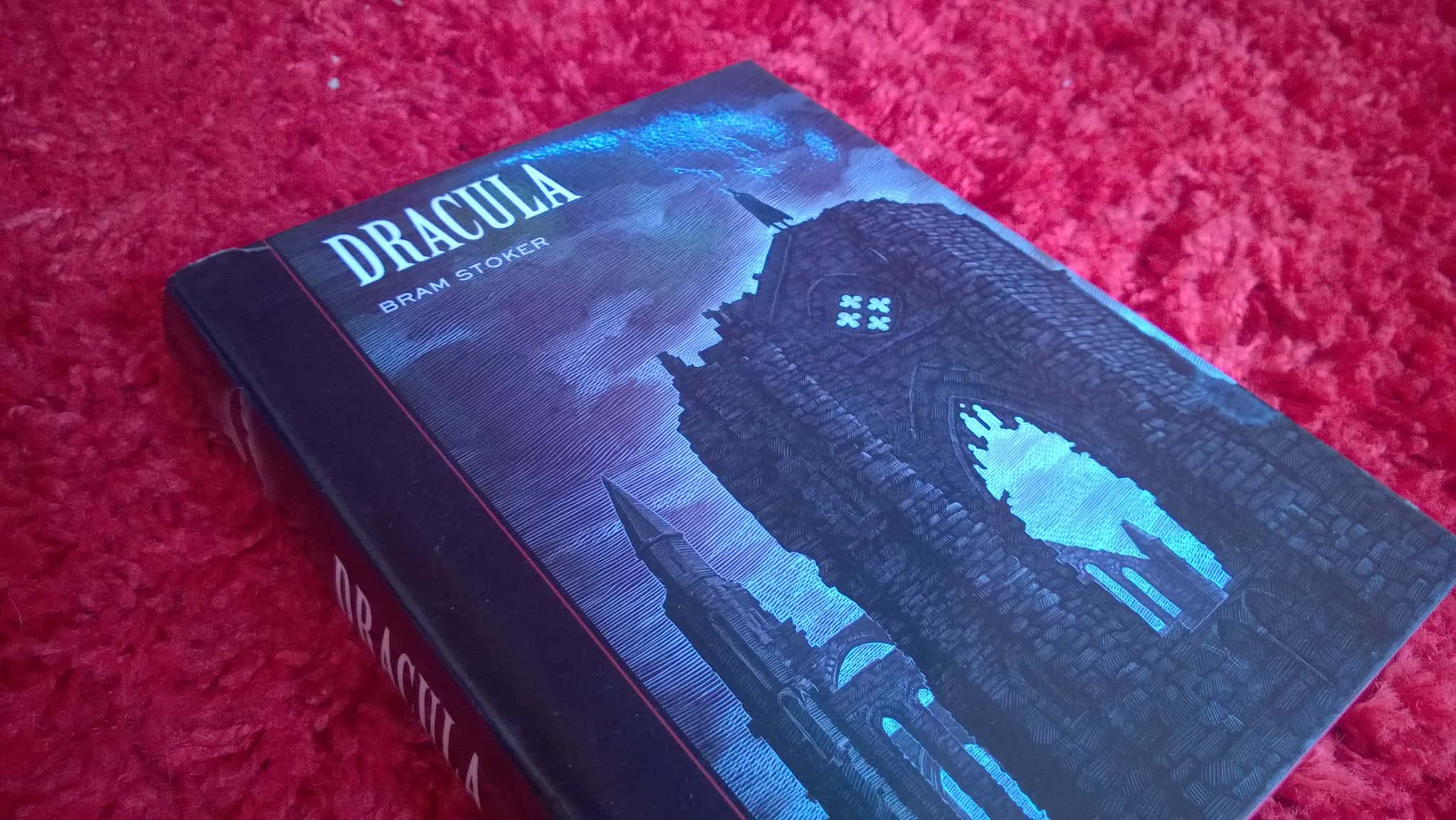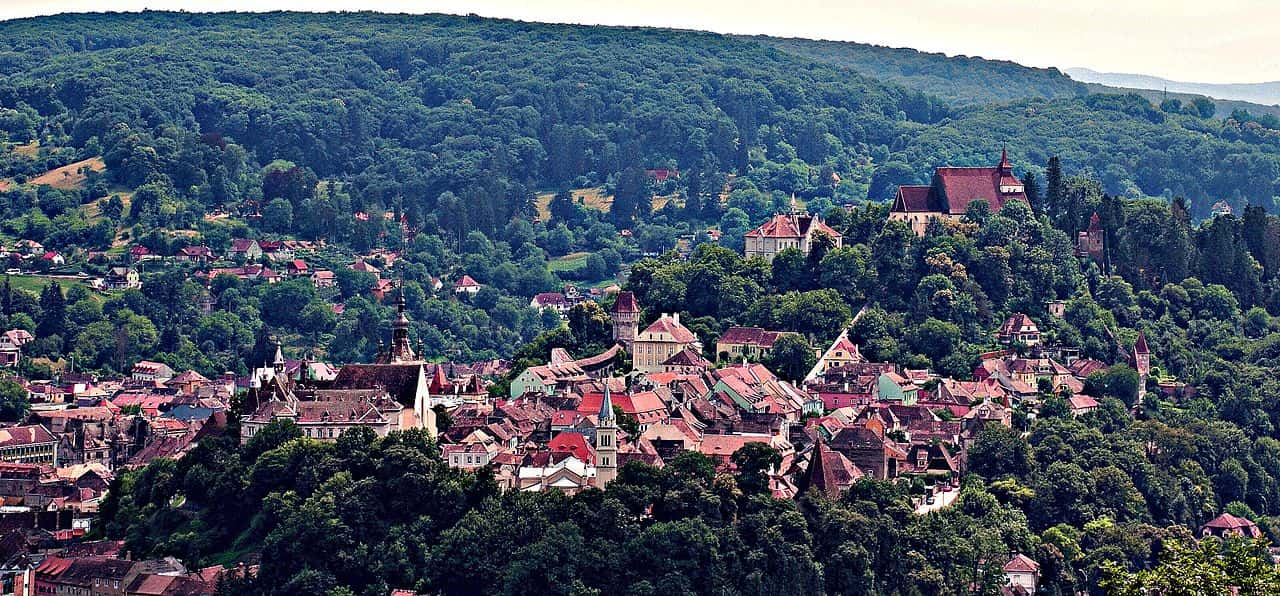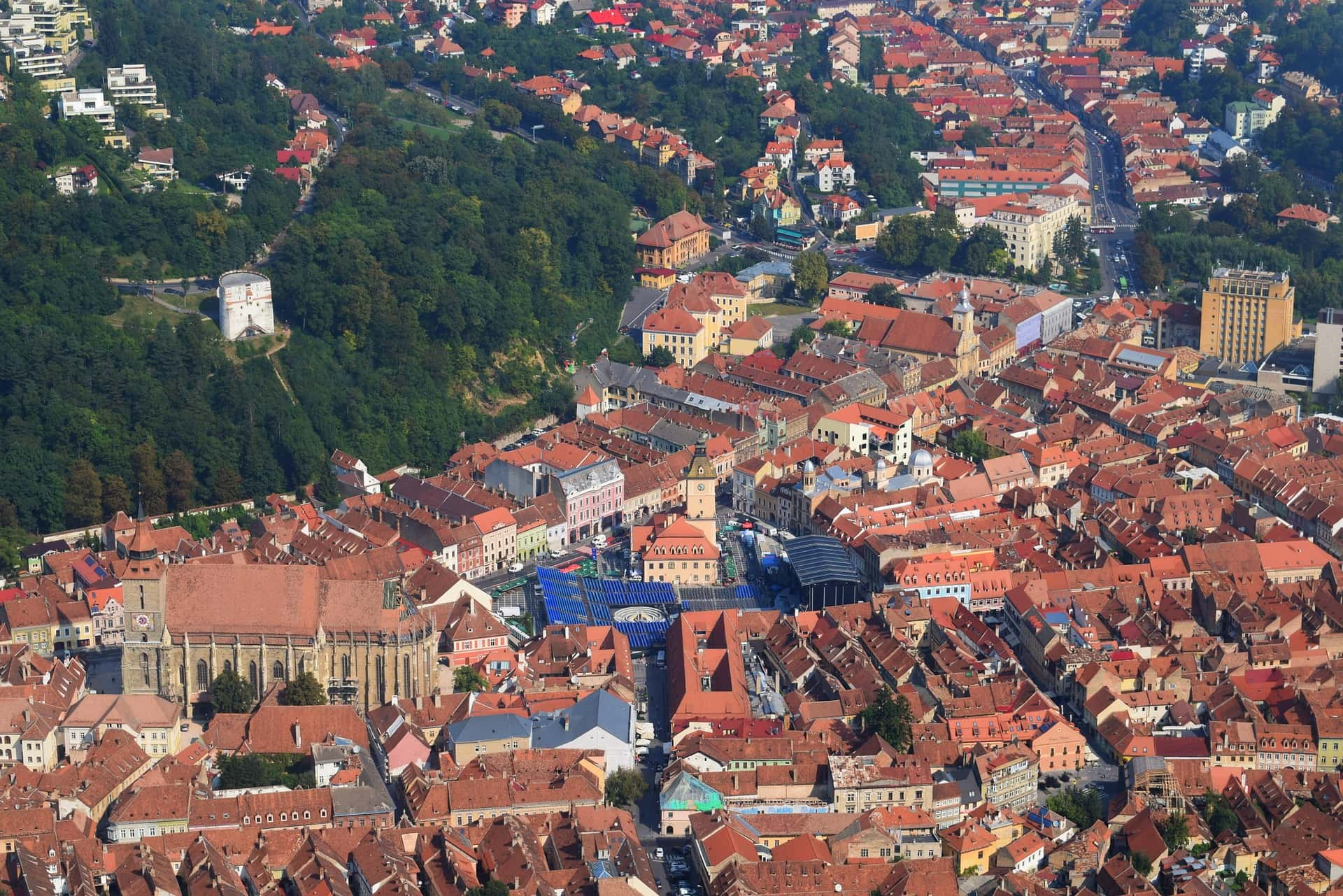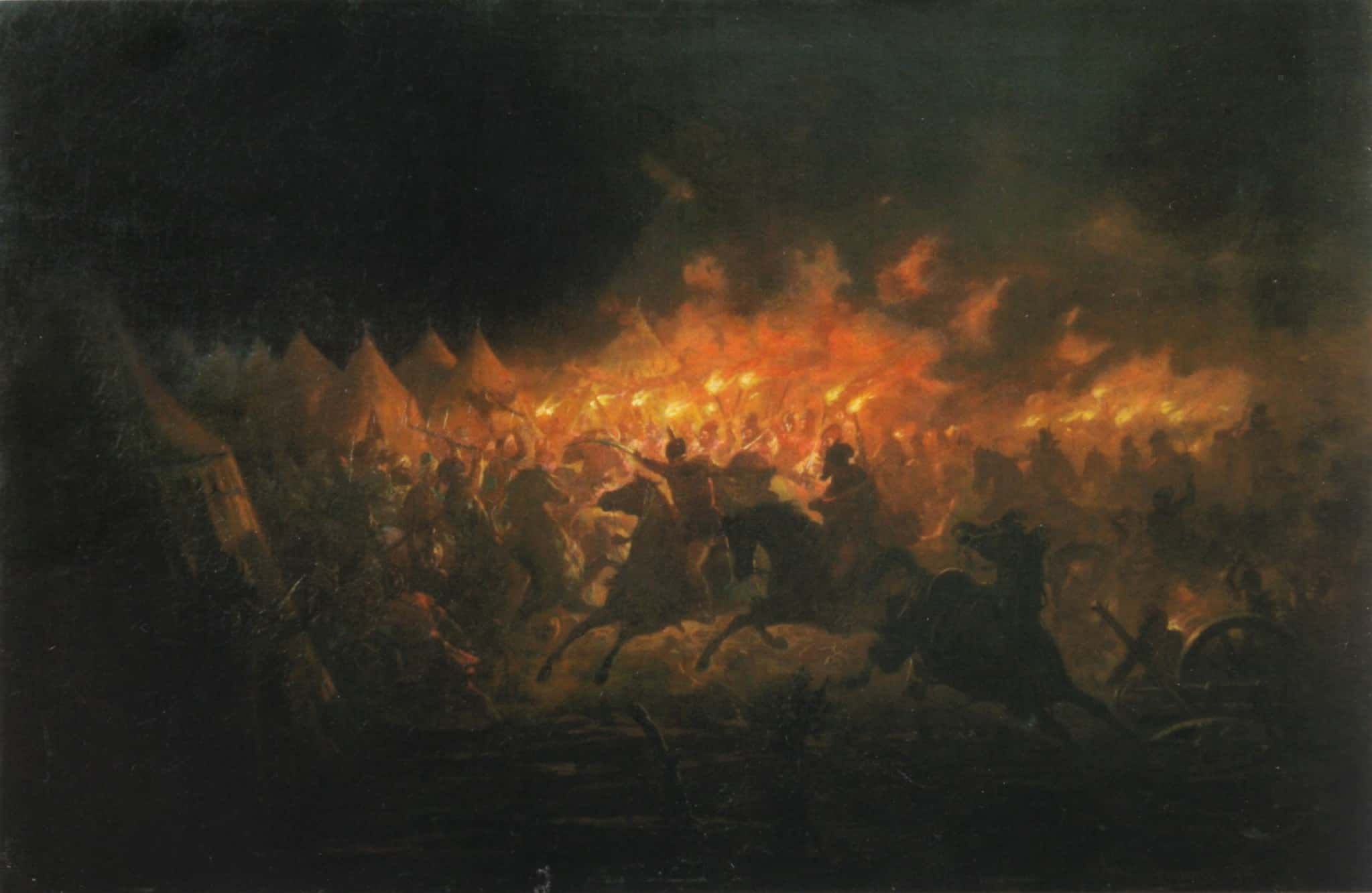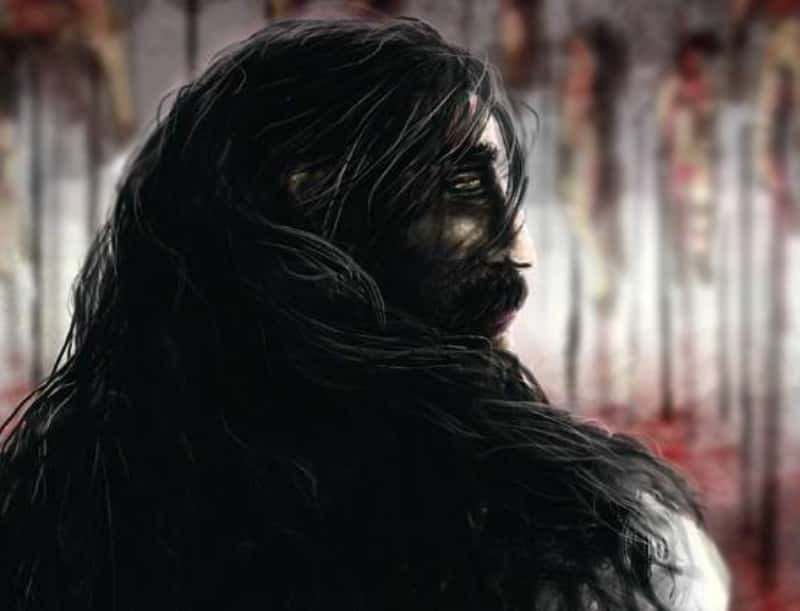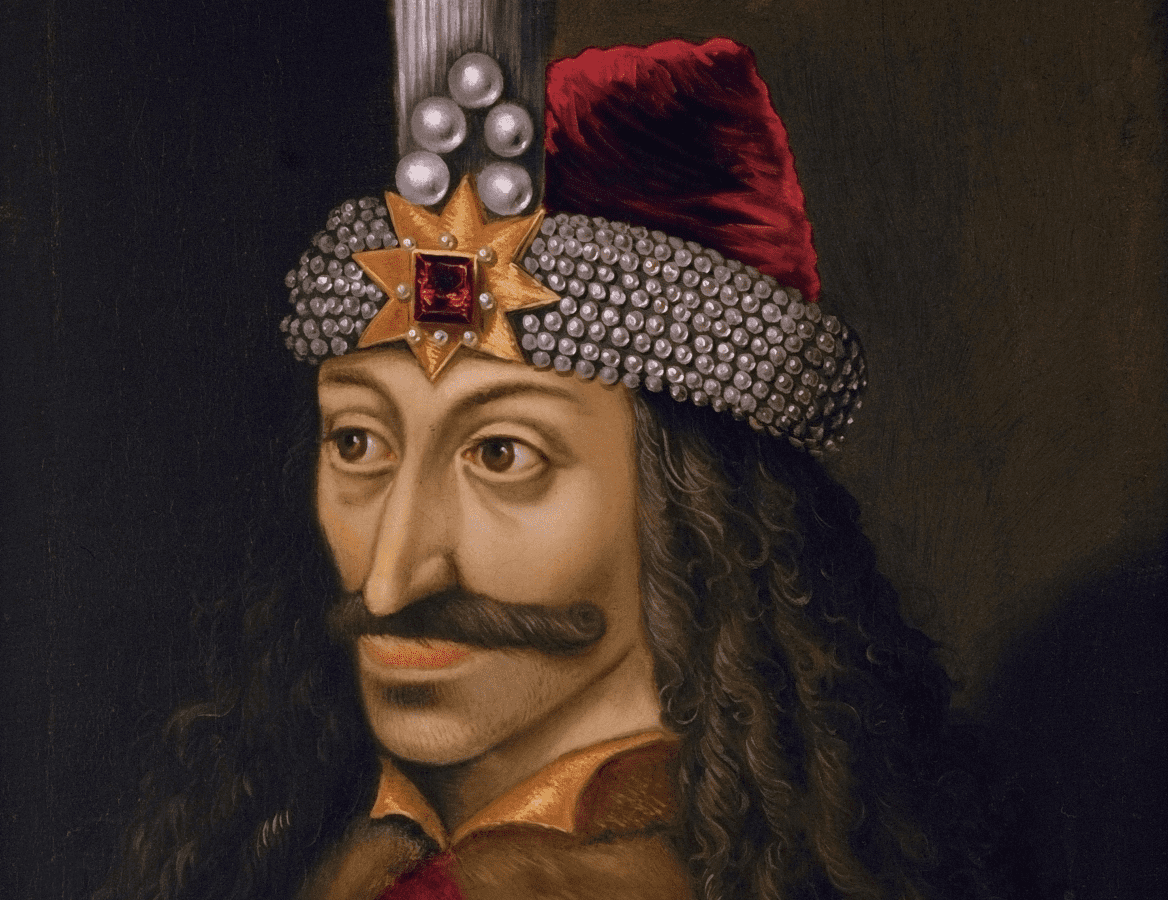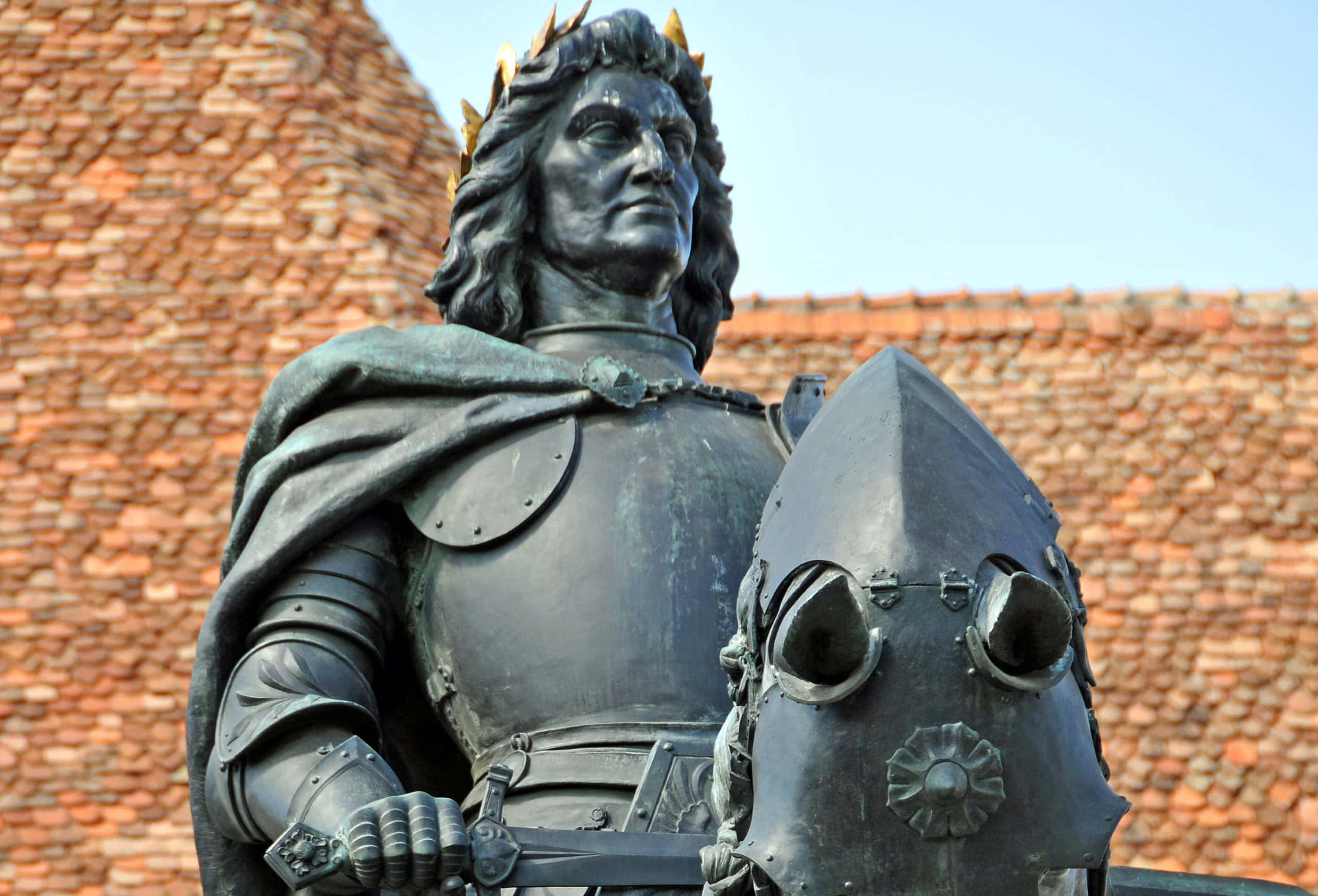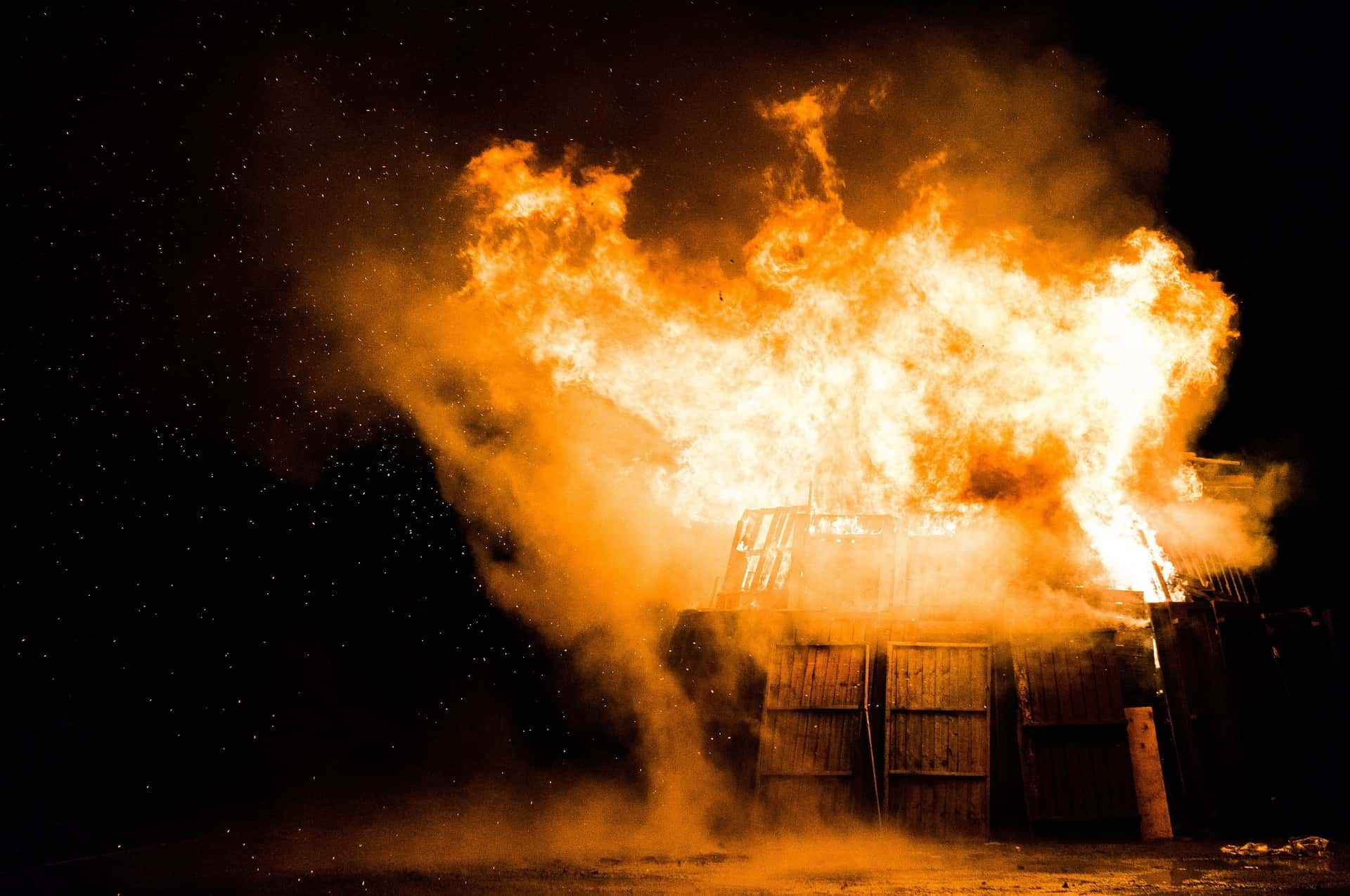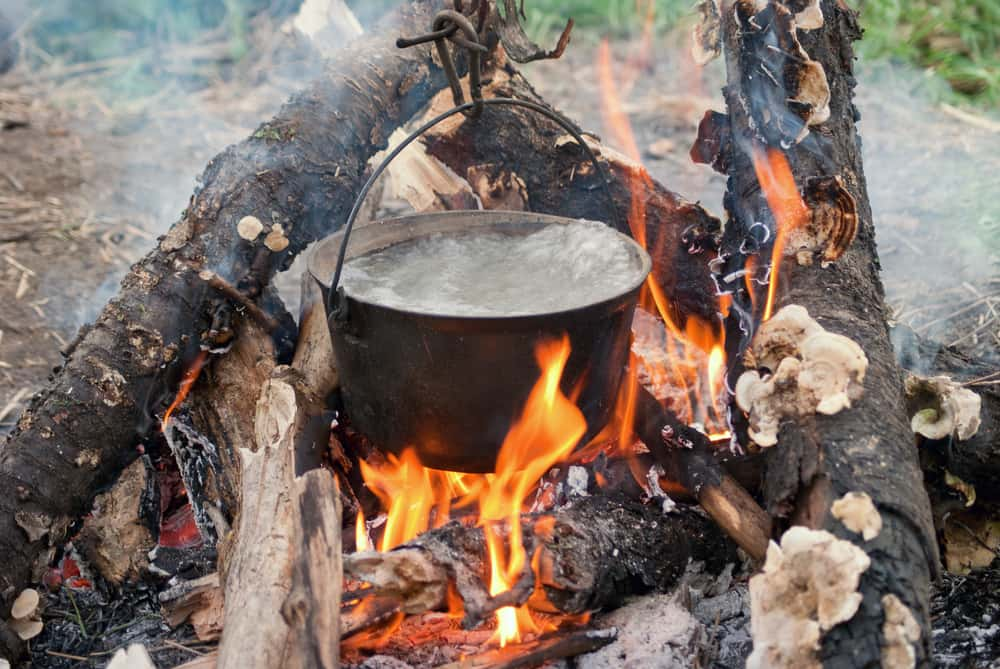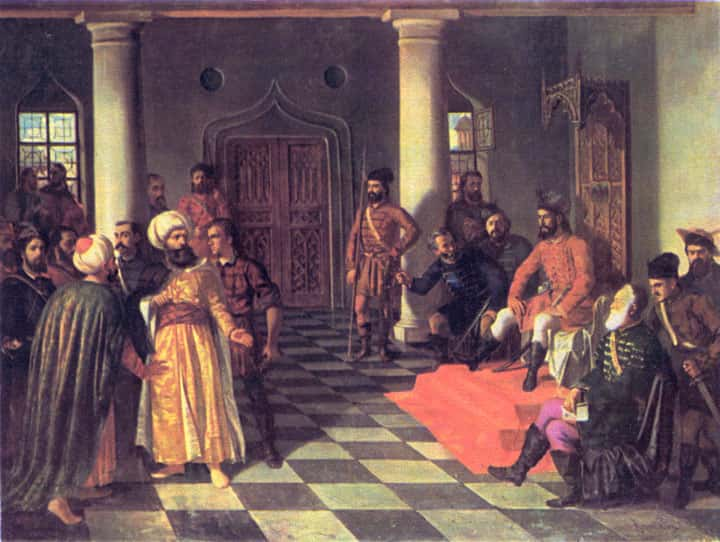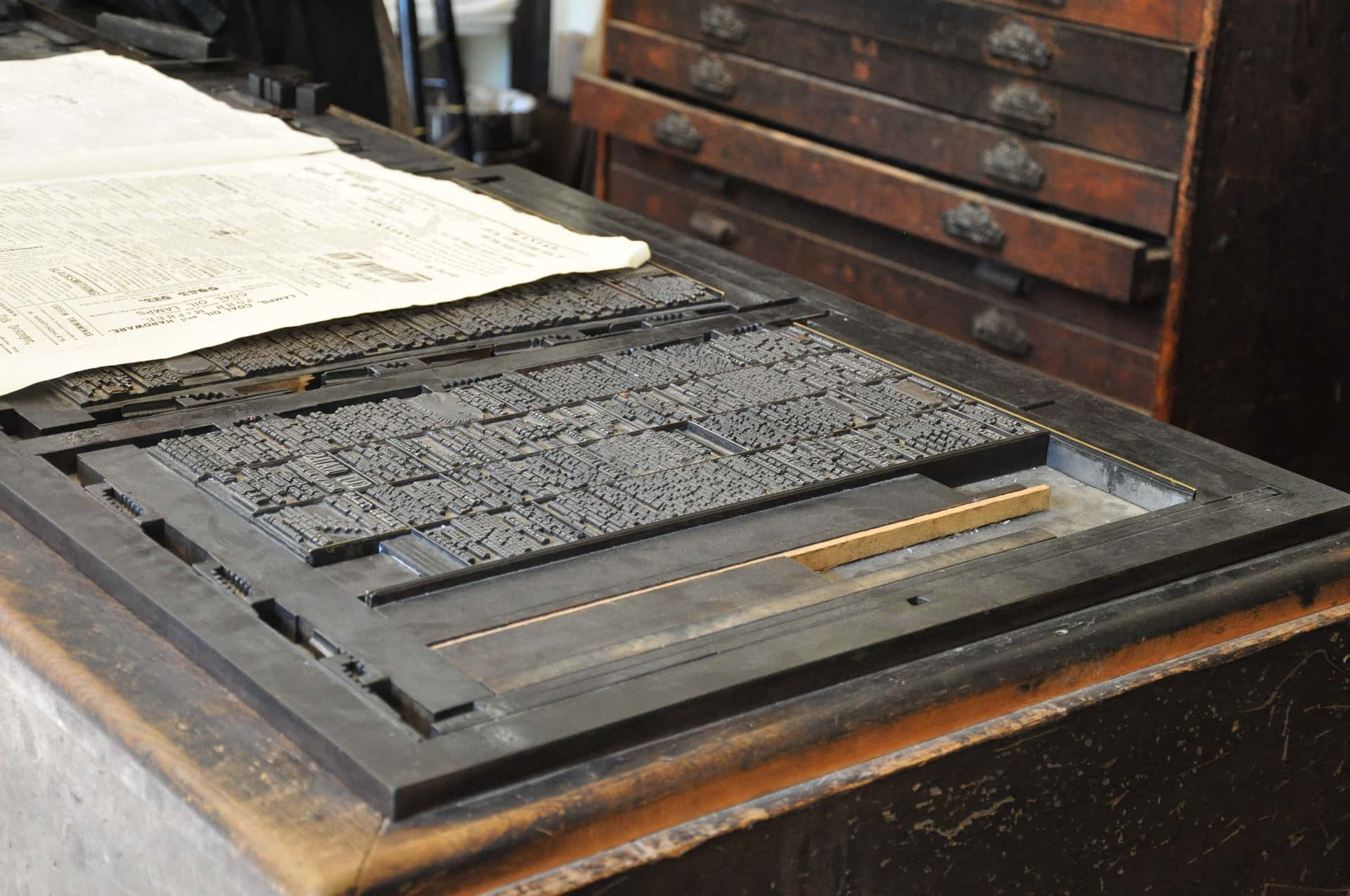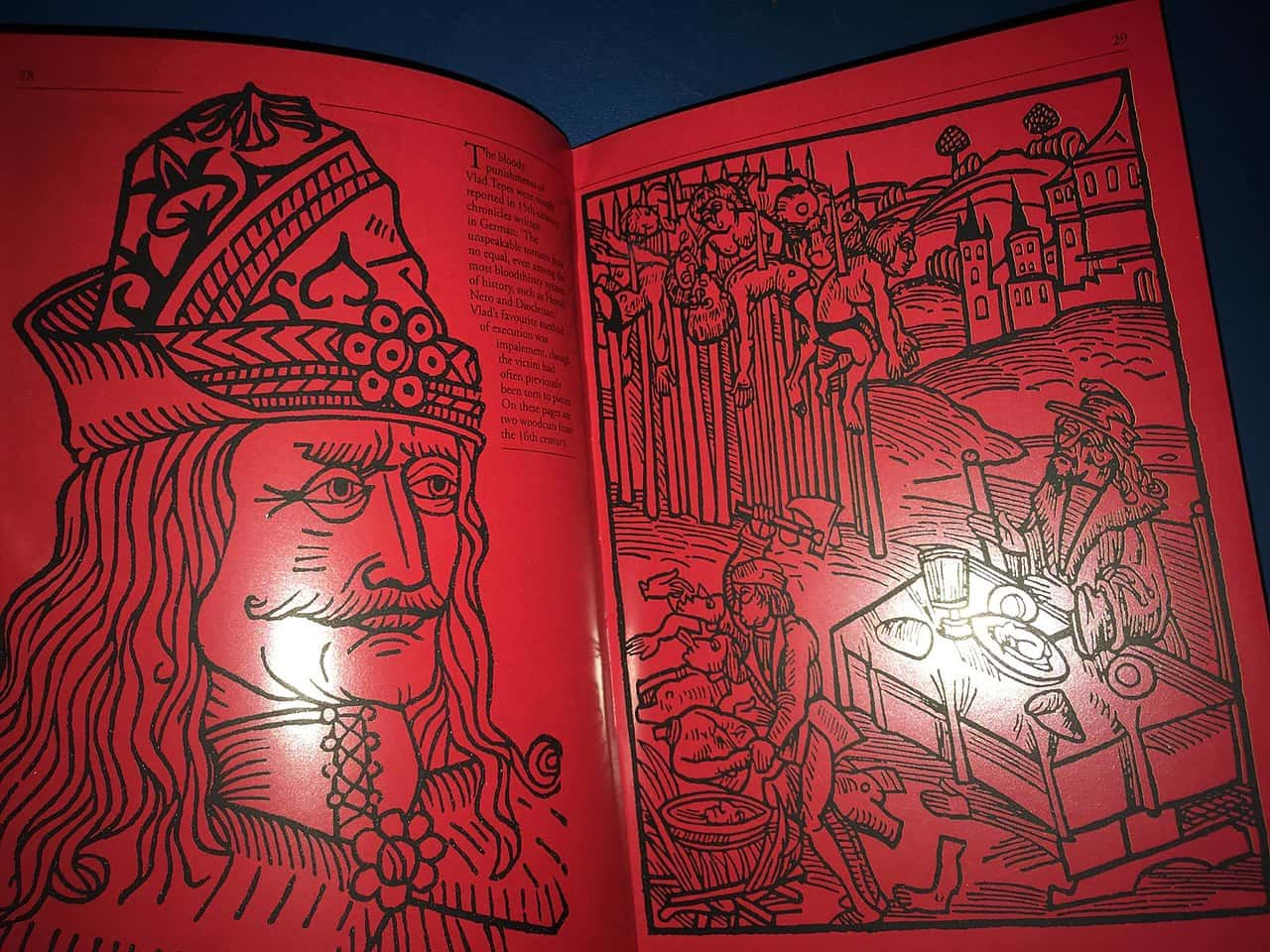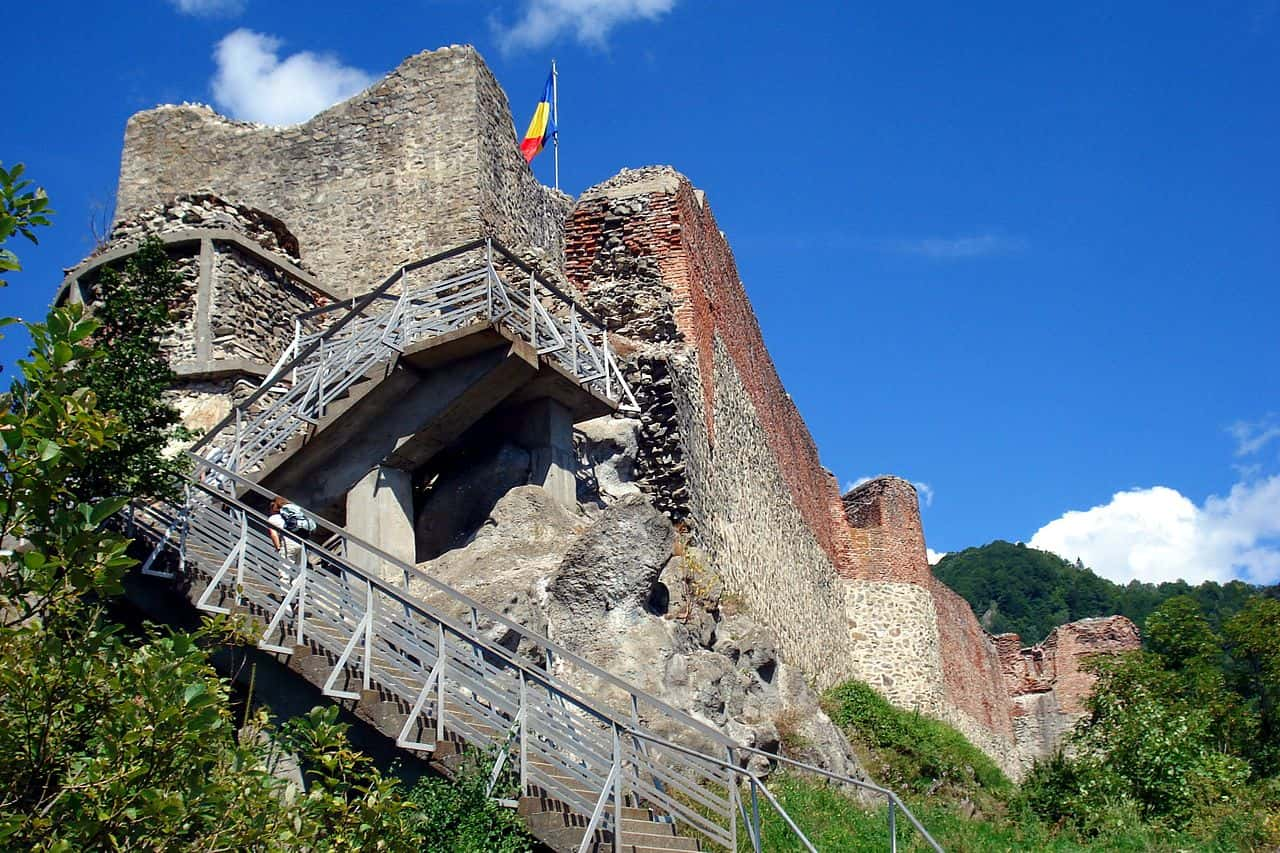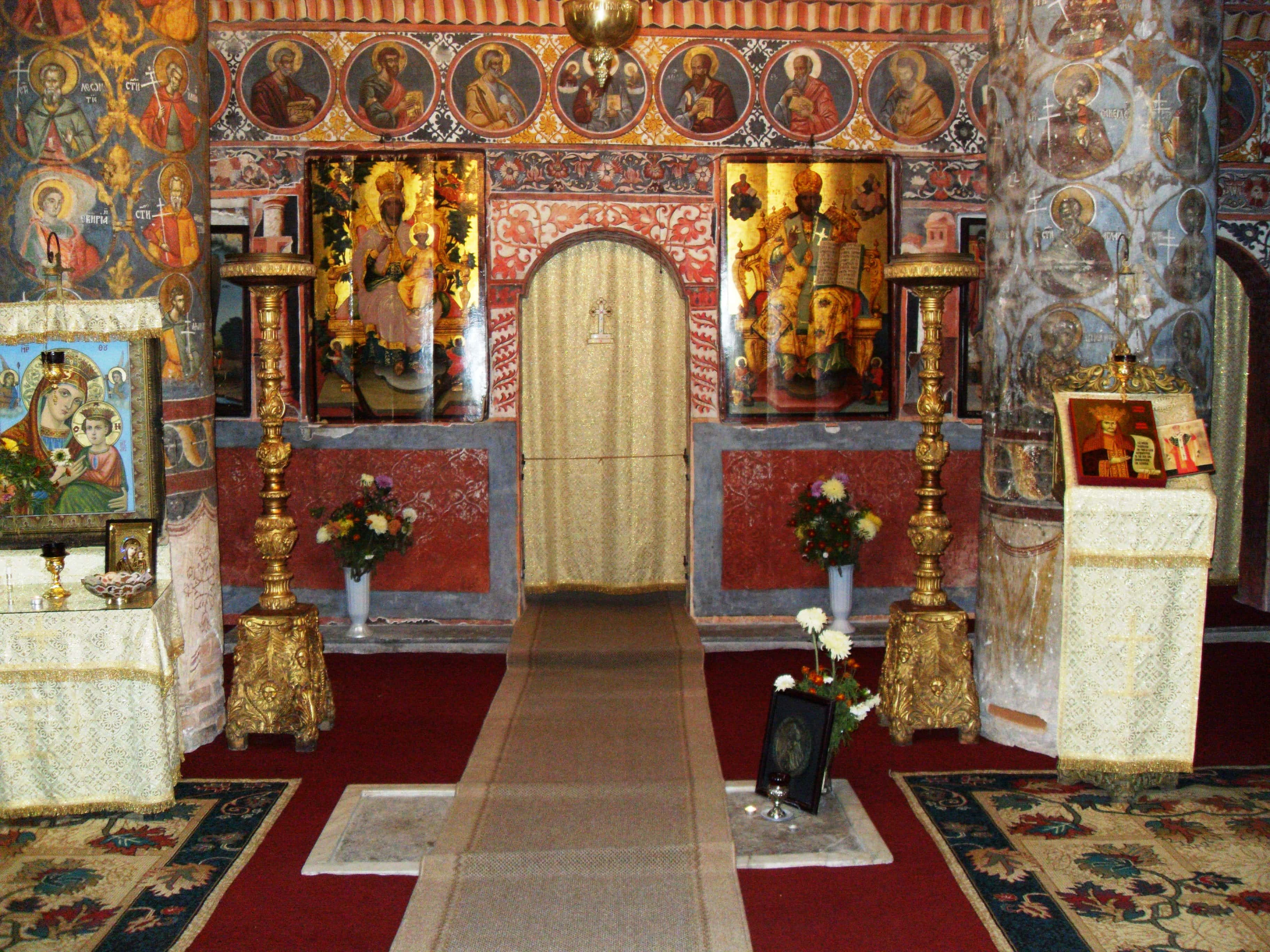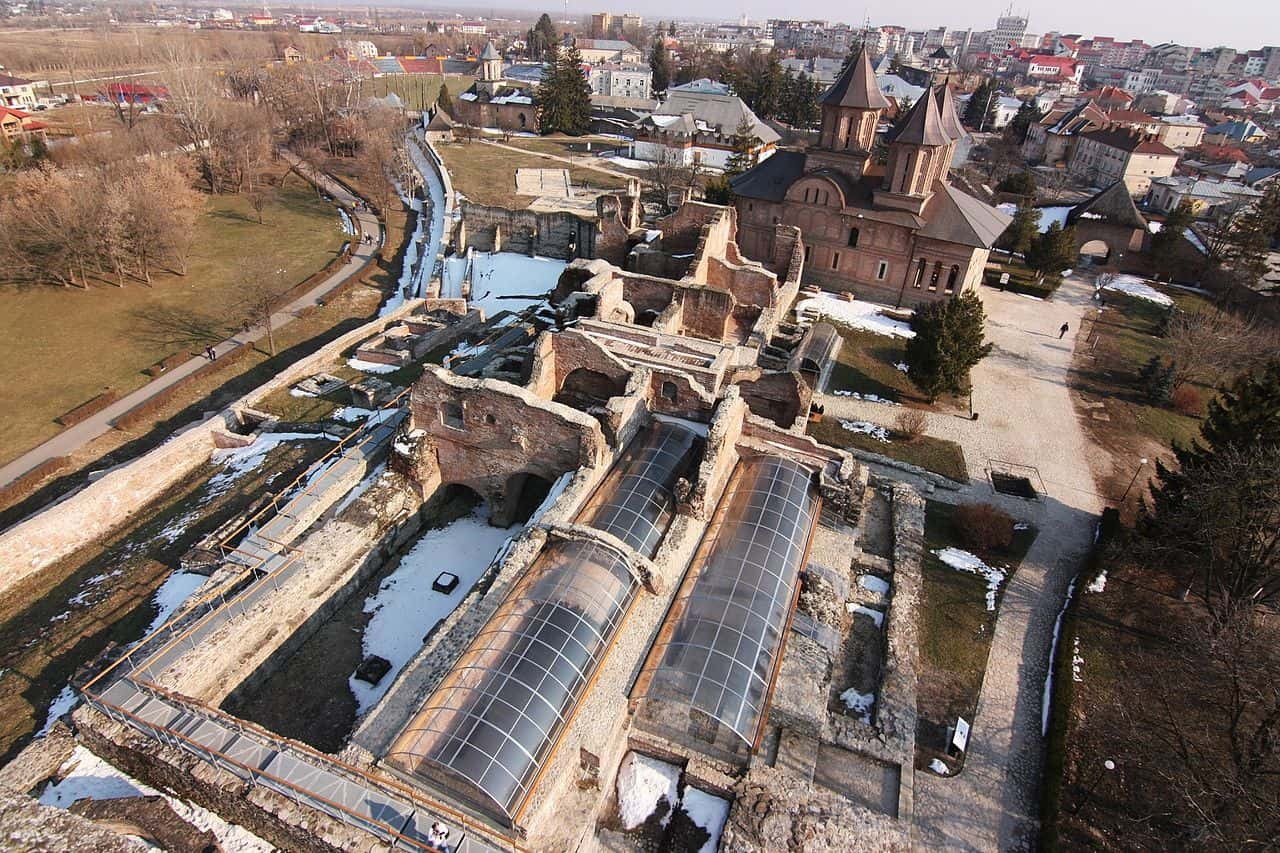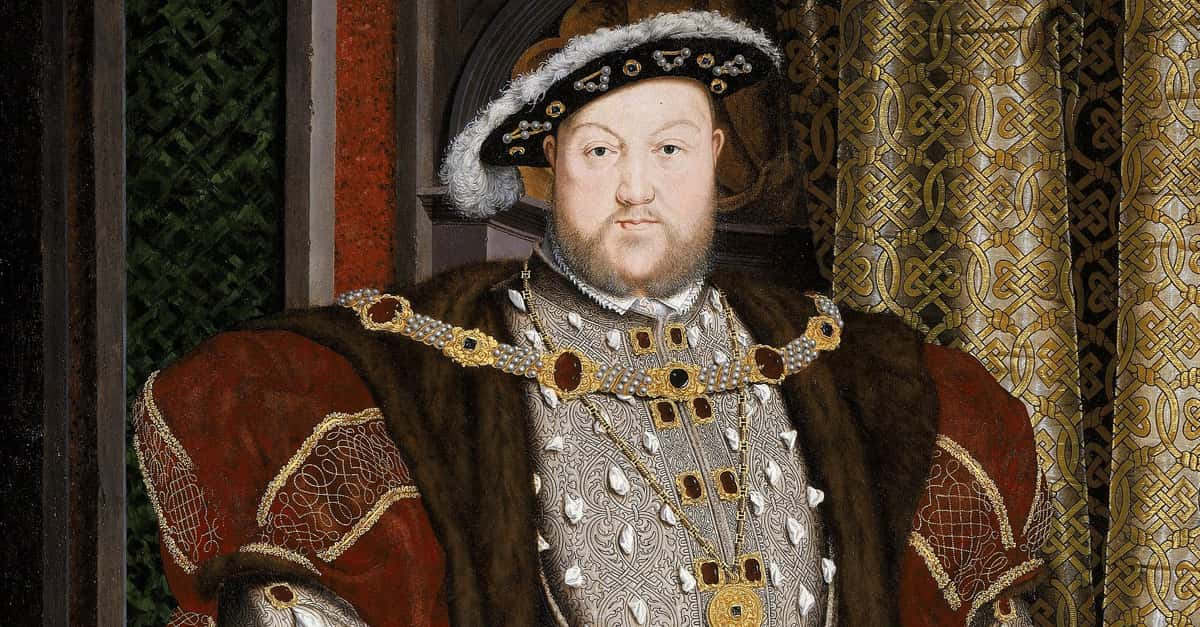Vlad III Dracul, The Man Behind The Monster
Vlad III, known as Vlad Țepeș, Vlad Dracula, or Vlad the Impaler, was a Romanian prince whose cruel methods of punishing his enemies gained him infamy in 15th-century Europe all the way to the modern-day. We know his name thanks to Bram Stoker's Dracula—but somehow, the real Vlad was even more horrifying than the monster. Read on to discover the dark history of the man behind the legend.
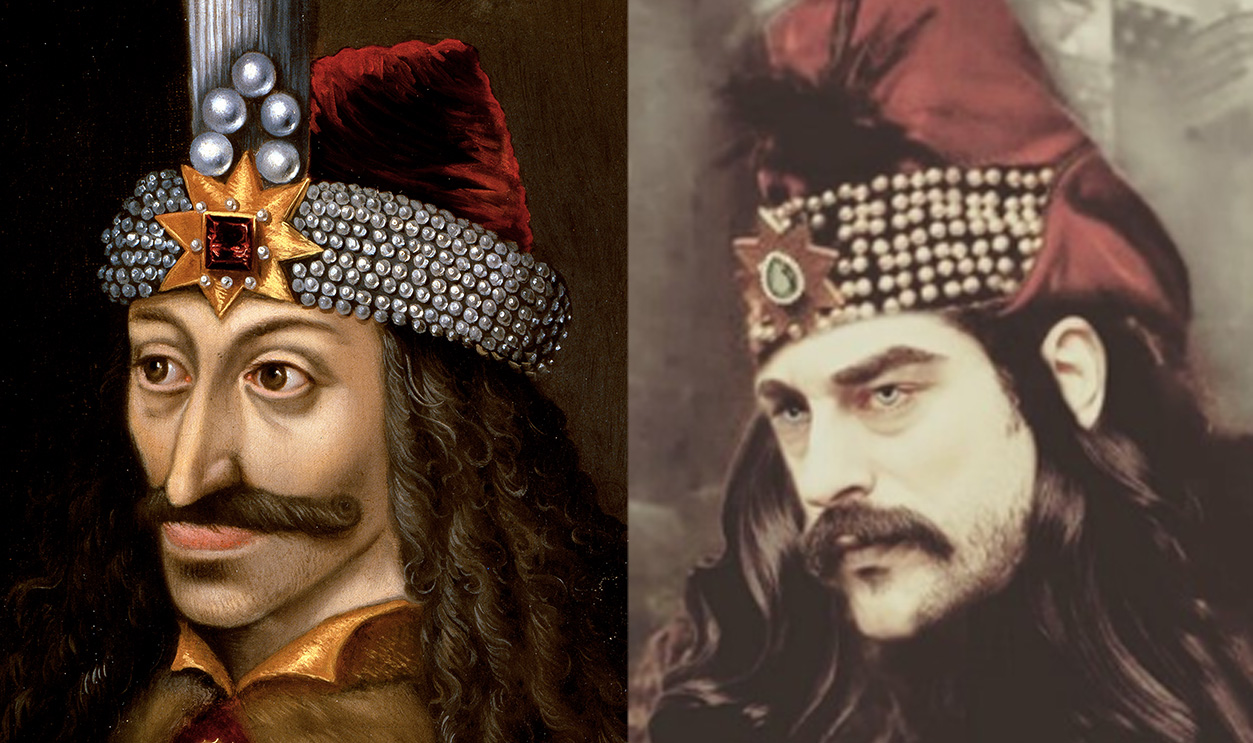
1. What’s in a Name
The name Dracul originally meant "dragon". Vlad III's father took the name when he joined the Order of the Dragon, a Christian group opposed to the Ottoman domination of Europe. Vlad III took the name Dracula, meaning "son of the dragon".
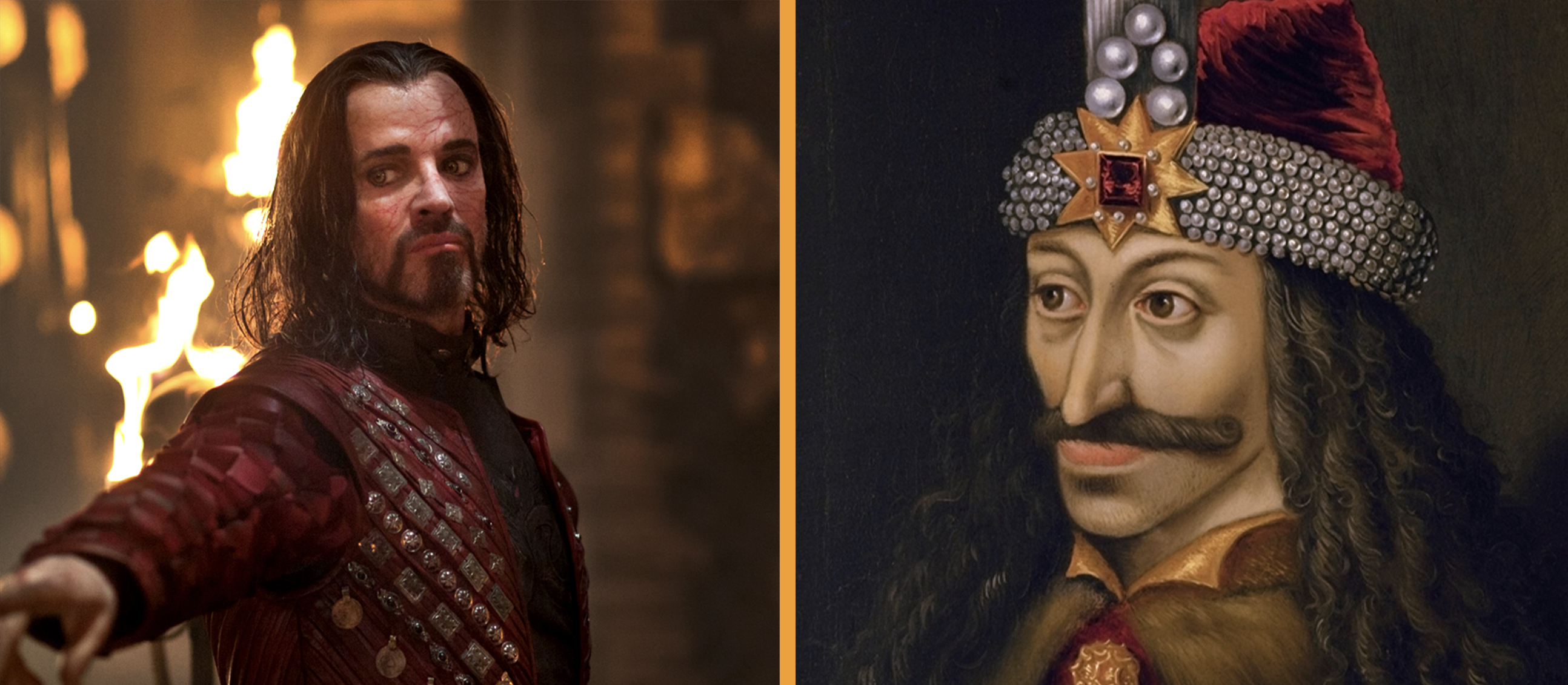
2. The Devil Dragon
Dracul originally meant "dragon" in Romanian, but today, thanks to Vlad's chilling reputation, it has a more sinister meaning: "the devil".
3. That’s Sir Impaler
Vlad was given the nickname “Tepes,” which means "impaler" in Romanian. He was also known by the Turks as Kazikli Bey, which means "Sir Impaler". As you're about to learn, this guy really, really liked impaling people.
4. Hit and Run
Throughout his military career, Vlad Tepes had to get creative in order to hold his own against much larger armies. He often resorted to guerilla tactics, sending cavalry units on lightning-fast hit-and-run raids. Vlad even resorted to chemical warfare...but his version of it was utterly disturbing. He would allegedly send people suffering from infections diseases, like leprosy or the bubonic plague, to intermingle with the invading Turks.
5. Prisoner of Peace
In 1442, a young Dracula and his brother Radu were given over to Sultan Murad II, then the ruler of the Ottoman empire, to ensure their father’s loyalty to the empire during armed conflict with Hungary. The boys were tutored in science, arts, and philosophy, and were allegedly taught the arts of war. In the years to come, the Sultan would no doubt regret giving Vlad such an education.
6. Poorly Adjusted
While Dracula’s brother Radu adjusted easily to life among the Ottomans, Vlad was a different story. His captors would often whip him for being stubborn and rude. That period had a tremendous influence on Vlad and led to his hatred of both the Ottoman Turks and his brother Radu. Historians also believe that this is where he learned his gruesome interrogation tactics.
7. Cruel and Cunning
Vlad’s torturous ways weren’t simply a means of getting rid of his enemies—it was about sending a message. His use of psychological warfare was horrifying but effective: Impaling was an extremely good way of terrorizing and scaring away potential invaders.
8. Don’t Touch!
Thanks to his murderous ways, Dracula had near-complete control over his people once he became Voivode (prince) of Wallachia. According to legend, to demonstrate how much his subjects feared him, Vlad had a golden cup crafted and placed in the town square of his capital, Targoviste. The rule was that anybody could drink out of it, but it could never leave the square.
An estimated 60,000 people (many of them quite poor) lived in the town at the time, but during his entire reign, the precious cup was never stolen.
9. That's One Way to Make an Impression
It can be hard to separate history from myth when it comes to Vlad III Dracul, but we can be pretty sure that his rise to power was absolutely horrifying. Several historical sources, writing during Vlad's lifetime, stated that he ordered the executions of hundreds of thousands of subjects when he took power.
10. Perfectly Balanced, as All Things Should Be
Vlad had a fairly Thanos-like view of affairs once he became voivode. One contemporary historian was forced to admit that Vlad "quickly effected a great change and utterly revolutionized the affairs of Wallachia". How'd he manage that? Easy—he just gave the territory and property of the people he'd executed to the few who remained.
11. Alike in Name Only
Scholars have long connected Vlad Dracula to Bram Stoker’s famous novel Dracula, but beyond the use of the name and a loose connection to Transylvania, there’s little evidence that the character was specifically based on the real Dracula. Nonetheless, by the time Stoker wrote the novel, stories of Vlad's brutality had pervaded culture.
12. Bad Translation
Testament to the fact that Bram Stoker really didn't know a lot about Dracula's namesake, Vlad wasn't actually from Transylvania. In fact, Transylvania was one of his greatest enemies.
13. Trade Disputes
Transylvania is home to a community of Saxons, and they still speak of Vlad's atrocities against them to this day. One particularly terrible saga began when Saxons in the city of Brasov took a Wallachian merchant's steel without paying him for it. Furious at the offense against his people, Vlad rounded up every merchant from Brasov that he could find, took all their possessions, and impaled them.
But he was just getting started.
14. Not the Boys!
The slaughter of the merchants wasn't enough to satisfy Vlad. He then gathered every Transylvanian boy he could root out of Wallachia had them impaled or burned at the stake. Desperate to put a stop to the madness, a Transylvanian warlord called Dan III then invaded Wallachia—but Vlad defeated him and, you guessed it, had him impaled.
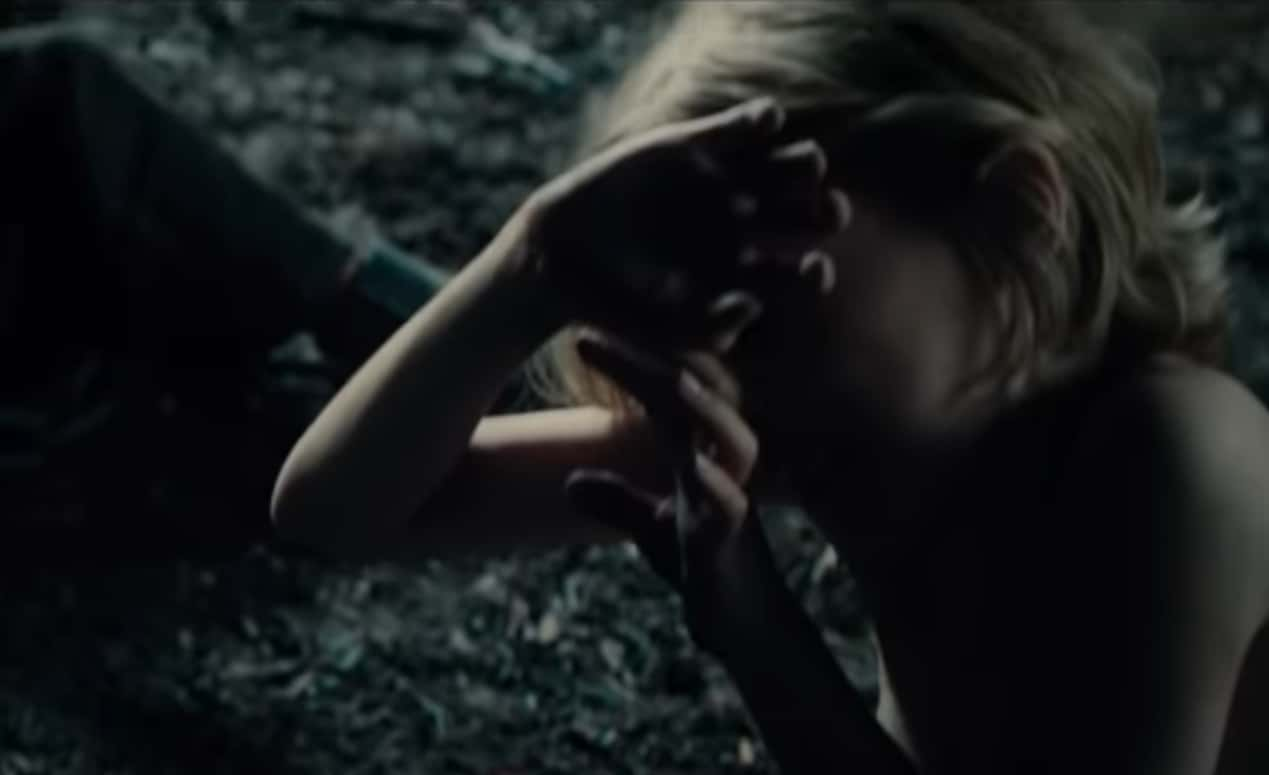 Dracula Untold, Universal Pictures
Dracula Untold, Universal Pictures
15. Dracula Enters Transylvania
Still, Vlad wasn't finished with the Transylvanians yet. After Dan III was hanging from a pike, Vlad invaded Transylvania and sacked Brasov. Three guesses as to what he did to all the men, women, and children who he captured...
16. We Were There
Like many stories about him, Vlad's deranged revenge campaign against the Saxons in Transylvania has to be an exaggeration, right? Unfortunately, not this time. We have eyewitness accounts of his raids, and they provide precise dates and the names of the specific churches he destroyed. These same accounts call Vlad "a demented psychopath, a sadist, a gruesome murderer, a masochist".
17 No Excuses
"Understanding" was not a word that many people would use to describe Vlad Tepes. According to one story, a thief, running from the law, snuck into Vlad's house to hide. A group of soldiers tracked the crook there and broke in to apprehend him. Furious that someone would enter his home without permission, Vlad had the soldiers' commander executed.
 Dracula Untold, Universal Pictures
Dracula Untold, Universal Pictures
18. Where Are Your Manners?
According to the 15th-century manuscript The Story of a Bloodthirsty Madman Called Dracula of Wallachia, by Michel Beheim, Vlad had a gory dinnertime ritual. He would invite a few people over for dinner at his mansion, give them a feast, and then have them impaled at the dinner table. He would then finish his dinner, dipping his bread into the pooled blood of the victims. As one does.
Now, to be fair, Michel Beheim was a wandering bard who was known to stretch the truth here and there, but this at least gives you an idea of how gruesome Vlad's reputation was, even while he was still alive.
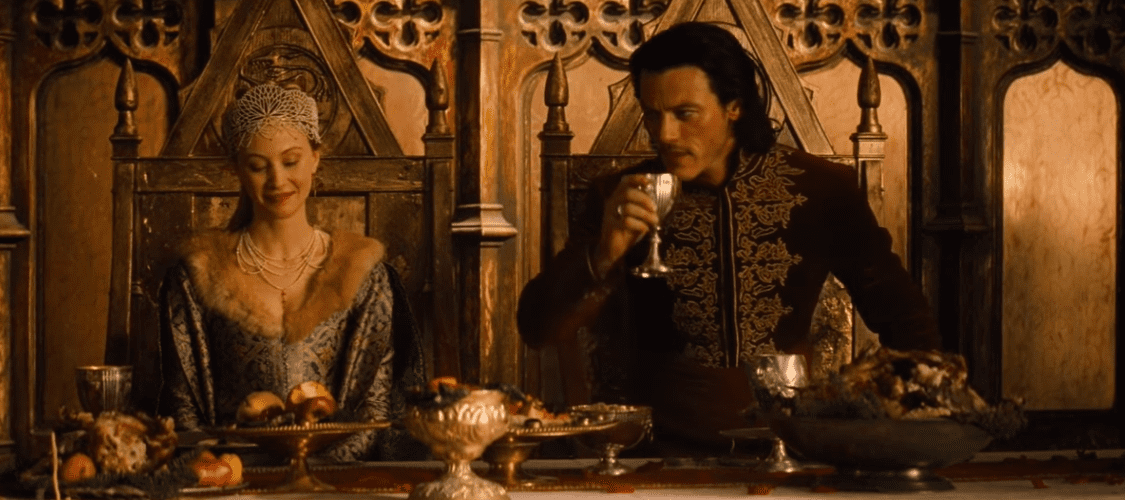 Dracula Untold,Universal Pictures
Dracula Untold,Universal Pictures
19. Who’s Your Mommy?
We don't actually know the identity of Dracula's mother. Historians theorize that she was either his father's unknown first wife or a relative of Alexander I of Moldavia, possibly Eupraxia of Moldavia. Or maybe she was...a bat?!
20. The Moral Is...Maybe Don't Listen to This Guy
Believe it or not, Vlad figured he was something of a moral authority in Wallachia. He imposed strict laws on what people were and were not allowed to do—and of course, brutal punishments for anyone who disobeyed. He was especially concerned with chastity, and some of his most gruesome sentences were directed at adulterous women and unchaste widows.
21. Unlucky Mistress
In 1462, Vlad was losing his fight against the Ottomans and needed some help. He met with the Hungarian King Matthias Corvinus in Transylvania to try and hash out an alliance, but let's just say things didn't go exactly as planned. Corvinus had helped him out in the past, but this time, the Hungarian King had him imprisoned! Vlad wouldn't see his home in Wallachia for another 12 years.
Though we don't know exactly why Corvinus took Vlad captive, some writings suggest that Vlad's brutality was so infamous the King decided he needed to be removed from society.
22. The Clink
If you were worried old Vlad's time in prison, don't worry. The Kingdom of Hungary wasn't exactly Oz. While "locked up," he was known for taking mistresses, and one mistress in particular met a particularly horrific fate: When rumors spread that Vlad had impregnated her, he reportedly cut open her body to disprove her pregnancy.
As with so many stories about Vlad, it's hard to separate legend from fact, but it once again speaks to his nightmarish reputation while he was alive.
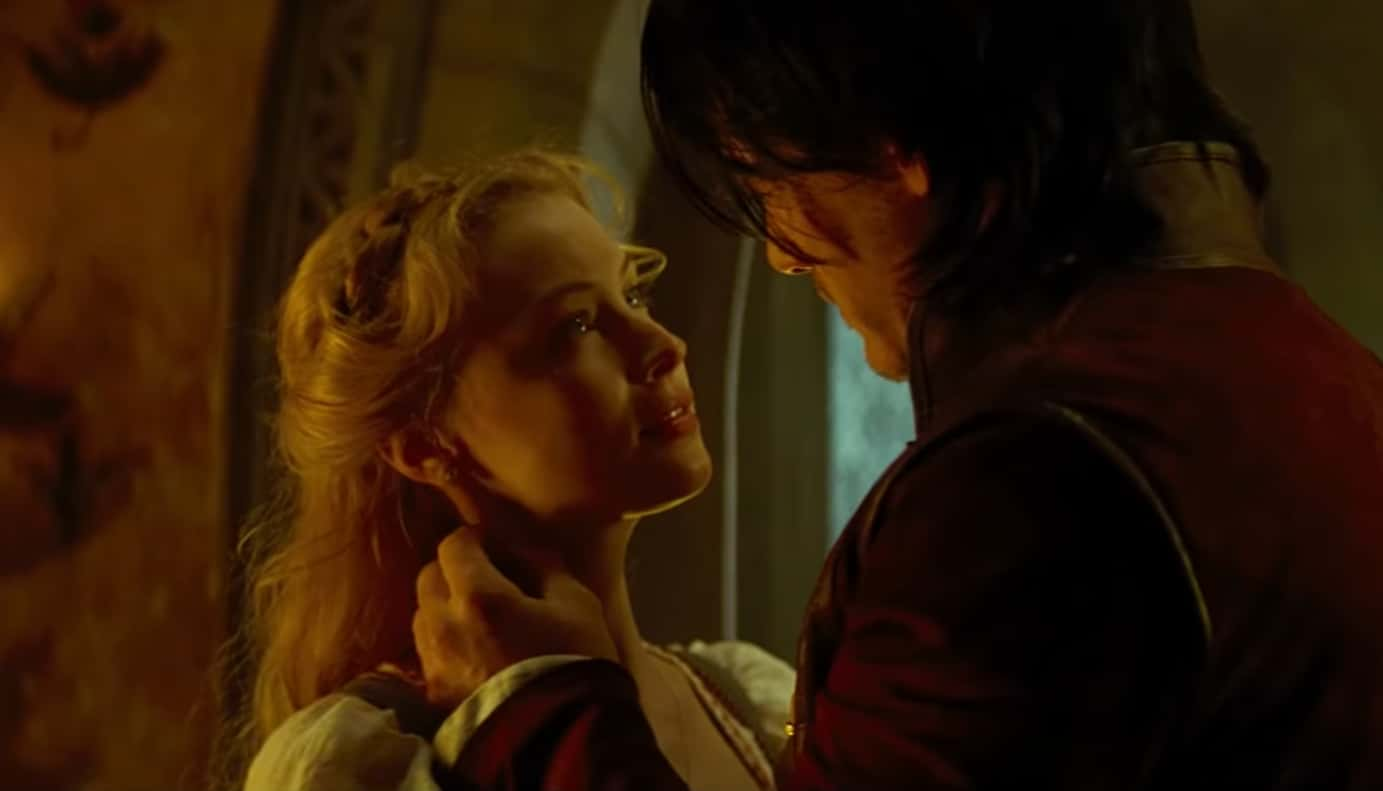 Dracula Untold, Universal Pictures
Dracula Untold, Universal Pictures
23. First Wife
Historians believe that Dracula was married twice in his lifetime. The identity of the first wife is unknown, but she gave birth to his eldest son and heir, Mihnea, and perished while Vlad was fighting against the Turks in 1462. According to legend, she threw herself off a tower into the Arges River below to avoid capture by the Turks. Or maybe she was just afraid that her hubby might come home from battle.
24. A Strategic Trade
Dracula’s second wife was Jusztina Szilágyi, who was Corvinus's cousin. You know, the guy who kept Vlad prisoner for over a decade? She met Dracula during his imprisonment—in fact, he actually gained his freedom by marrying her. She gave birth to his other two sons, and eventually became Princess of Wallachia when Vlad took over once again.
25. Eradicating Poverty
Poverty was another "concern" of Vlad's—but he wasn't exactly big into social outreach. Rather, oral folk history says he came up with a brutal solution for eliminating the numerous poor, vagabonds, and cripples in his country. One night, he allegedly invited hundreds of Targoviste's poor to a grand feast. While they ate and drank into the night, praising their benevolent voivode, Vlad locked his doors and set the hall on fire. None escaped, and the "problem" was fixed.
26. Kill Them All!
When Dracula was released from imprisonment in Austria, he discovered that his father had been betrayed by his people and slain—allegedly by being buried alive. Vlad knew that many men who served his father were involved in his betrayal, but he wasn't able to identify who specifically was responsible. But of course, that wasn't about to stop him from getting his grim revenge.
Upon his return, he invited all of his father's servants to a feast...but as they should have known, Vlad Tepes' "feasts" were not cause for celebration.
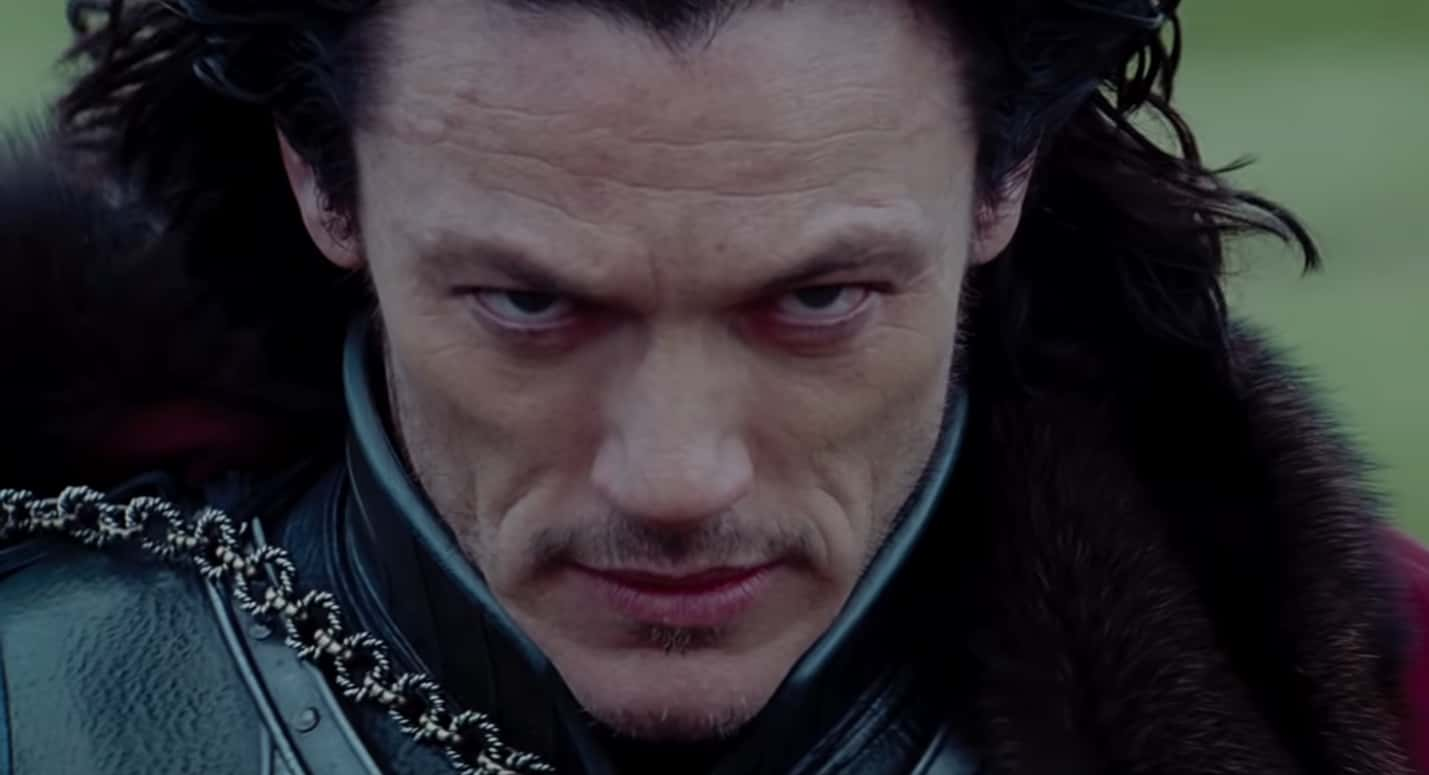 Dracula Untold, Universal Pictures
Dracula Untold, Universal Pictures
27. Red Supper
When the feast was finished, legend says Dracula’s men came into the room, barred the door, and impaled every single one of the guests. Now, you might be asking, since this was his signature move, why didn't people just not show up? Well, apparently if they refused the invite, they'd be executed on the spot. And you know, maybe this time he wouldn't kill literally everyone.
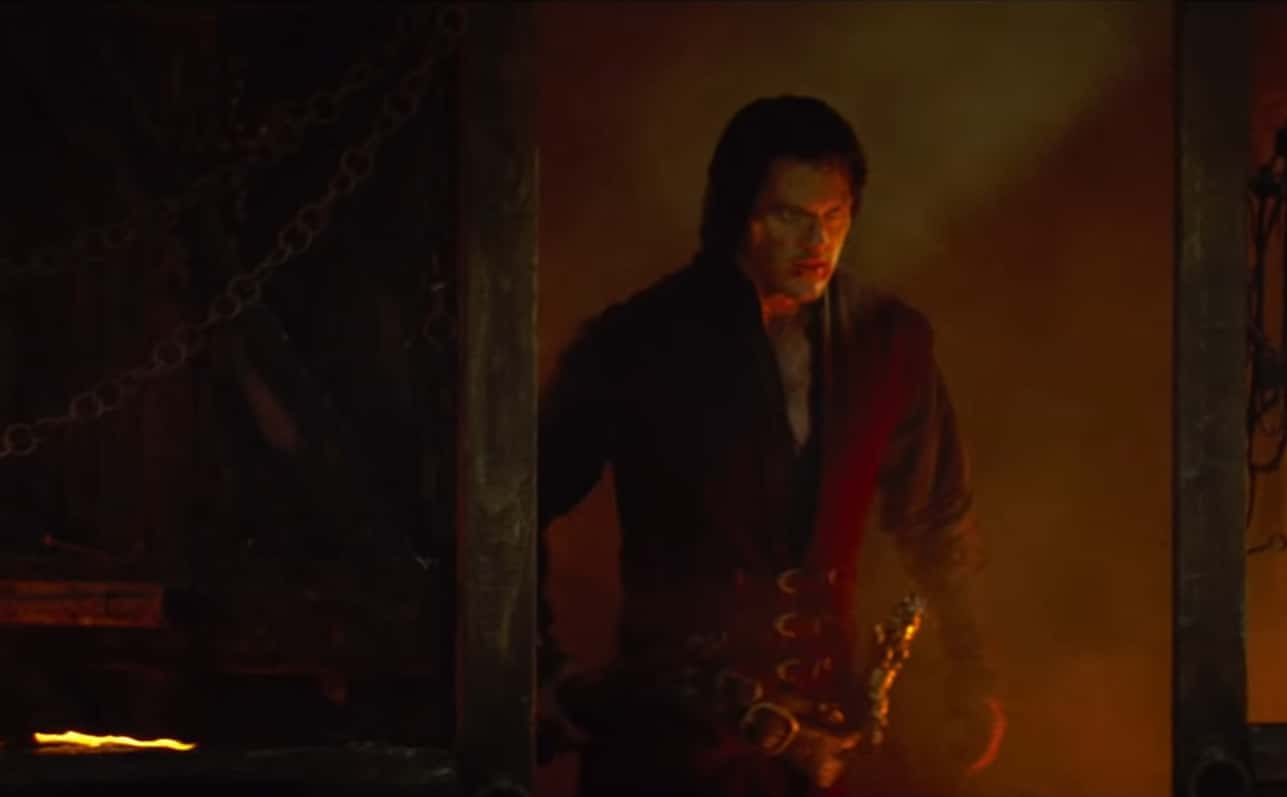 Dracula Untold, Universal Pictures
Dracula Untold, Universal Pictures
28. Not a One Trick Murderer
Although Dracula was known primarily for impaling his enemies, he was no one-trick-pony. He was also known for blinding, strangulation, cutting off limbs, and scalping. According to one account, Vlad once caught a Roma man stealing from him. He boiled the man alive—and if that wasn't horrible enough, he then forced the poor man's companions to eat him.
29. Nailed Them!
Once Dracula paid his final tribute (a kind of loyalty tax) to the Turkish Sultan, the Sultan sent a group of men to meet with him. Dracula insisted that they remove their turbans, but they refused, pleading religious custom. Angered by their refusal, he allegedly detained the men and nailed their turbans to their heads.
30. Creating a Legend
Vlad the Impaler was something of a celebrity in his day. Back in the 15th century, the rise of the printing press meant that texts could be widely circulated. This allowed the spread of stories about Vlad’s brutality and depravity, and they were instrumental in creating his legend. People just couldn't get enough of the juicy stories about this madman's depravity, and they became some of Europe's first-ever "bestsellers".
31. Give the People What They Want
Even back then, booksellers knew how to move units. The books about Vlad included gruesome woodcuts of Vlad's victims impaled on spikes.
32. Guess Who's Back
After spending time in exile, Vlad returned to claim the Wallachian throne in 1456. According to historian David Carroll, on Easter Day of that he, Dracula invited the regional nobility to a sort of "welcome back" dinner. But, if you can recall any of the other dinner feasts that he held over the years, you can imagine what happened next. Let's just say, the "after-dinner entertainment" wasn't what the guests were hoping for.
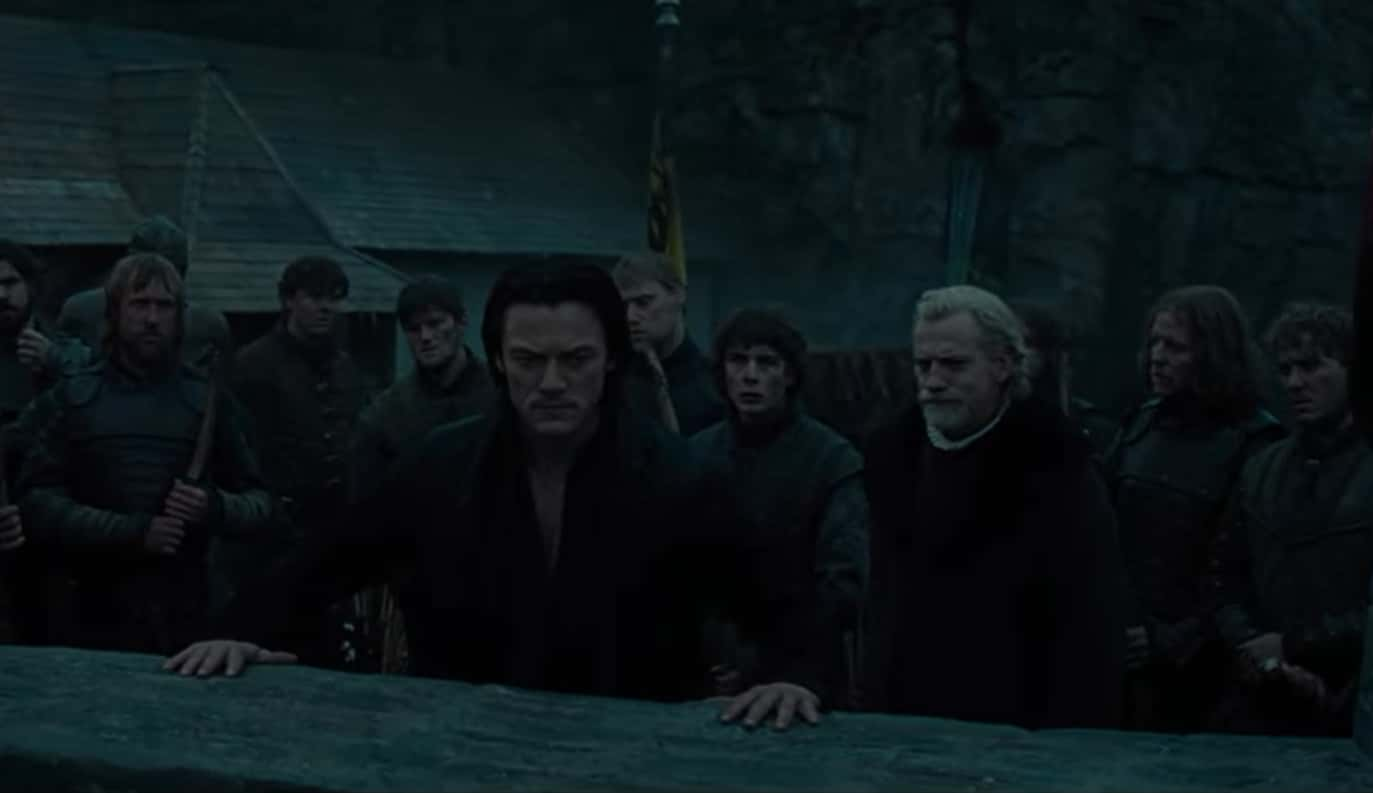 Dracula Untold, Universal Pictures
Dracula Untold, Universal Pictures
33. Just Say No to Dinner with Vlad
Following the meal, Vlad allegedly had every single guest who was old and infirm put to the sword. He then marched the rest 50 miles to a dilapidated fortress that he had taken as his own, now called Poenari Castle. Keeping in mind that these were all nobles, he forced them into hard labor restoring the castle. Those who didn’t die of malnutrition or exhaustion were, of course, impaled outside the castle when the restoration was complete. So yeah, a slight variant on his usual schtick.
I don't know what to tell you...you don't get the name "Vlad the Impaler" without, you know, impaling a ton of people.
34. 100,000 Deaths
It’s estimated that in his lifetime, Vlad the Impaler was responsible for 100,000 deaths, mostly Turks. Despite his relatively small territory, this makes him the most brutal enemy the Ottoman Empire ever faced.
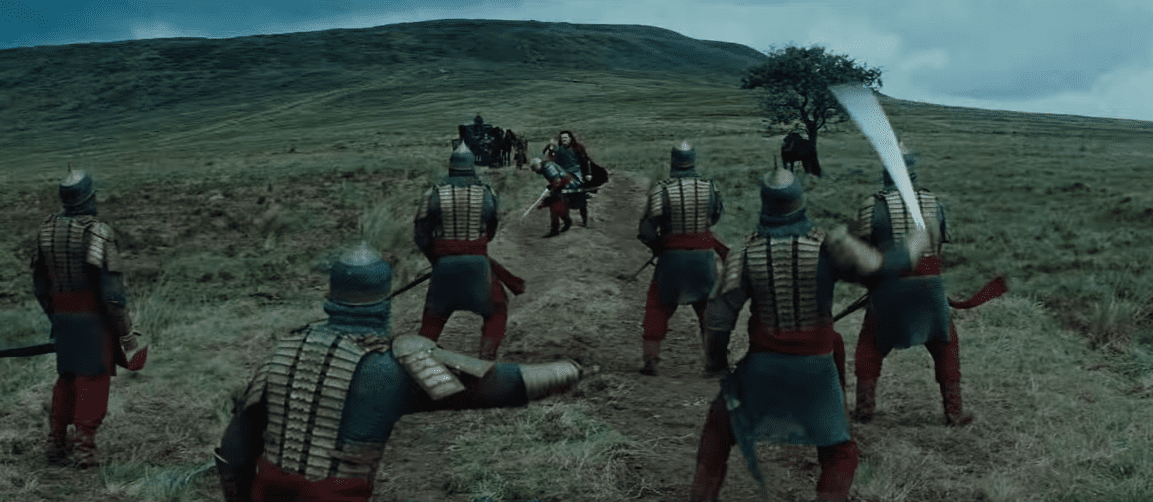 Dracula Untold,Universal Pictures
Dracula Untold,Universal Pictures
35. A National Hero
In Romania, Vlad the Impaler is a national hero and is mostly revered; his brutality is acknowledged, but is seen as necessary at the time to maintain his power, repel his enemies, and keep Wallachia an independent nation.
36. Head on a Stake
Dracula perished in battle while fighting the Turks. His body was reportedly buried at a cemetery at the Snagov Monastery, but his remains were never found. Historian Constantin Rezachevici has suggested that Vlad may be buried in the Comana Monastery, which is near where he was slain, but we'll likely never know for sure.
37. Don't Mess With Vlad
For many years, Vlad kept the Ottoman Empire at bay by paying them tribute—but of course, it didn't last long. One year, after he failed to pay, the Ottomans tried to have him captured. Vlad thwarted the attempt, and subsequently went on a rampage in Ottoman border territory: "I have killed peasants men and women, old and young...We killed 23,884 Turks without counting those whom we burned in homes or the Turks whose heads were cut by our soldiers...thus, your highness, you must know that I have broken the peace with [The Ottoman Empire]".
I'd say "broke the peace" was a bit of an understatement.
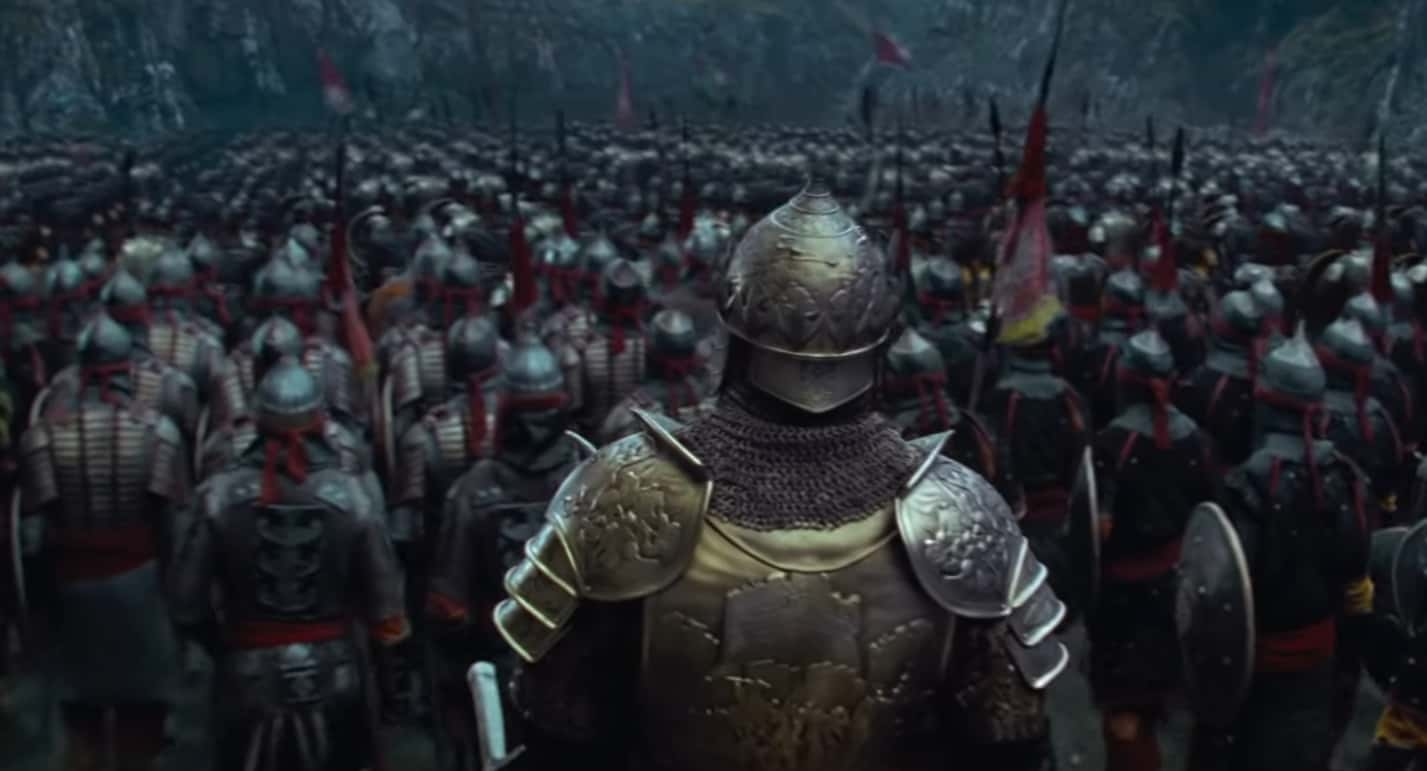 Dracula Untold, Universal Pictures
Dracula Untold, Universal Pictures
38. If You Mess With the Bull...
I'm sure Vlad had a great time pillaging the outer reaches of the Ottoman Empire, but doing so woke the beast. The Ottoman Empire was far, far bigger than Wallachia—and now they were mad. When Sultan Mehmed II heard of Vlad's raids, he raised an absolutely massive army. We're unsure if he wanted to claim Wallachia for himself or just install Vlad's slightly more sane brother on the throne, but one thing was for sure: Vlad had to go.
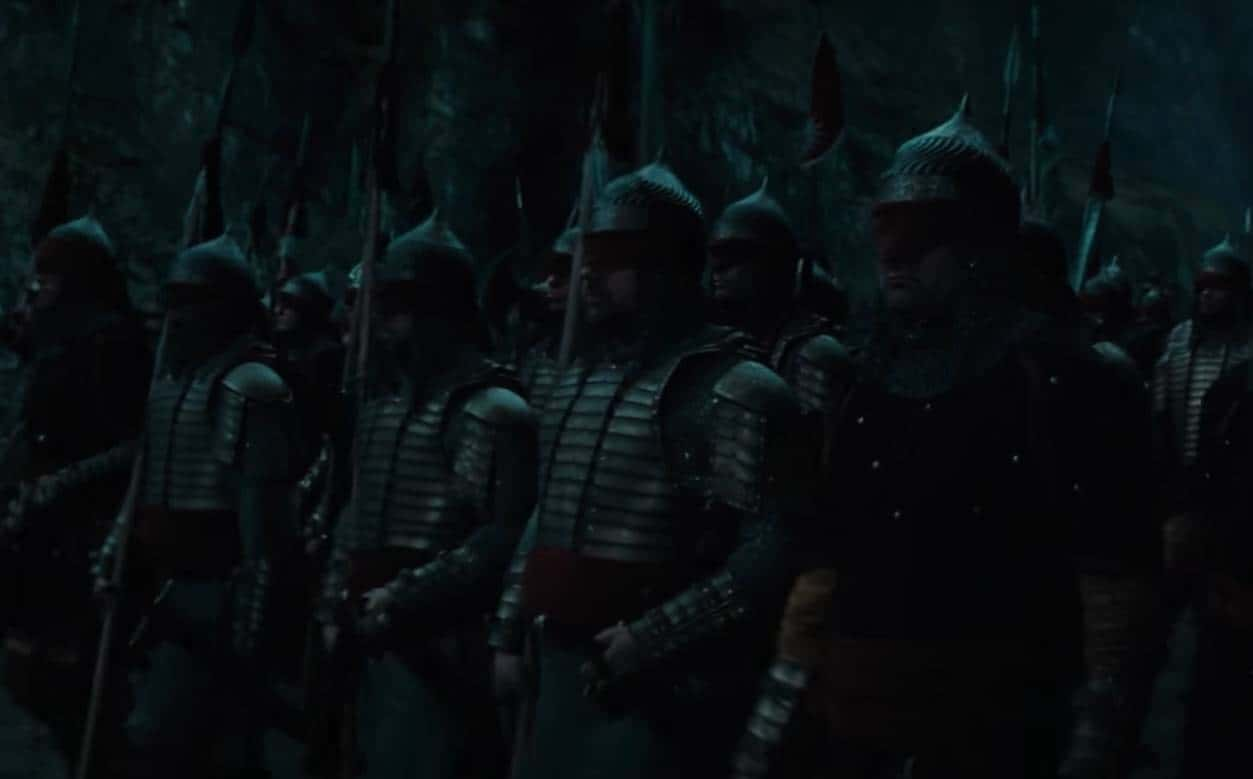 Dracula Untold, Universal Pictures
Dracula Untold, Universal Pictures
39. Beating Them to It
Vlad was a lot of things, but he wasn't stupid. He knew he couldn't face down the Sultan's enormous army. But he did not, how you say, go quietly. Unwilling to give his enemies even an inch, he went to disturbing lengths in order to slow them down. While in retreat, Vlad burnt down his own villages along the way so that the Turks would have nowhere to rest.
Allegedly, he even went so far as to poison his own wells so that the Turkish armies couldn't have a single drop. Of course, this meant he poisoned his own subjects who relied on these wells, but for Vlad, that was a small price to pay.
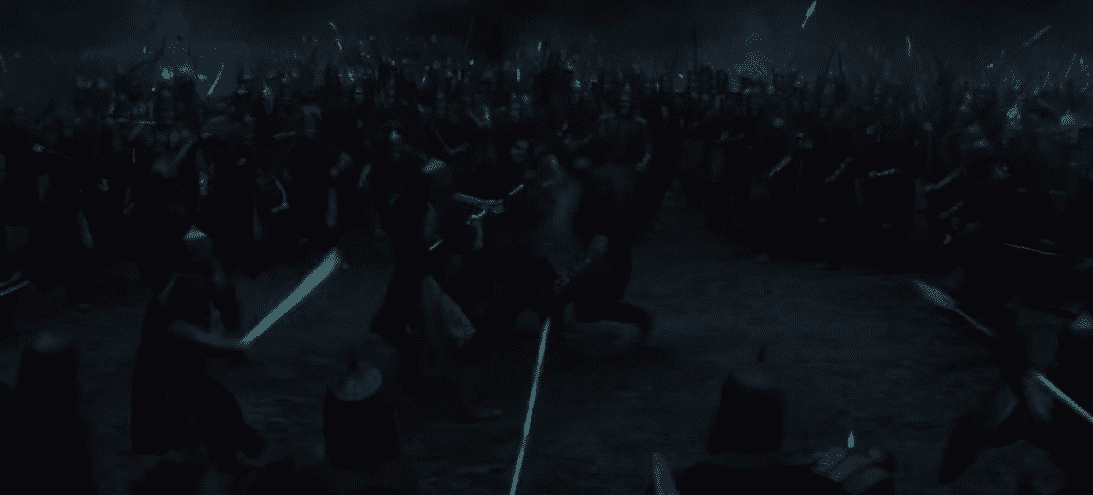 Dracula Untold,Universal Pictures
Dracula Untold,Universal Pictures
40. Cut Off the Head of the Snake
Vlad knew he stood little chance against the Ottomans in open battle—but he had one last-ditch plan to defeat them. One night, while his armies were in retreat, Vlad and a small force broke into the Ottoman camp and tried to assassinate the Sultan. The hope was without their leader, the army would fall into disarray and crumble.
The plan failed, however, because the Wallachians couldn't find the Sultan's tent. They had failed, but at least they managed to escape at dawn and continue their retreat.
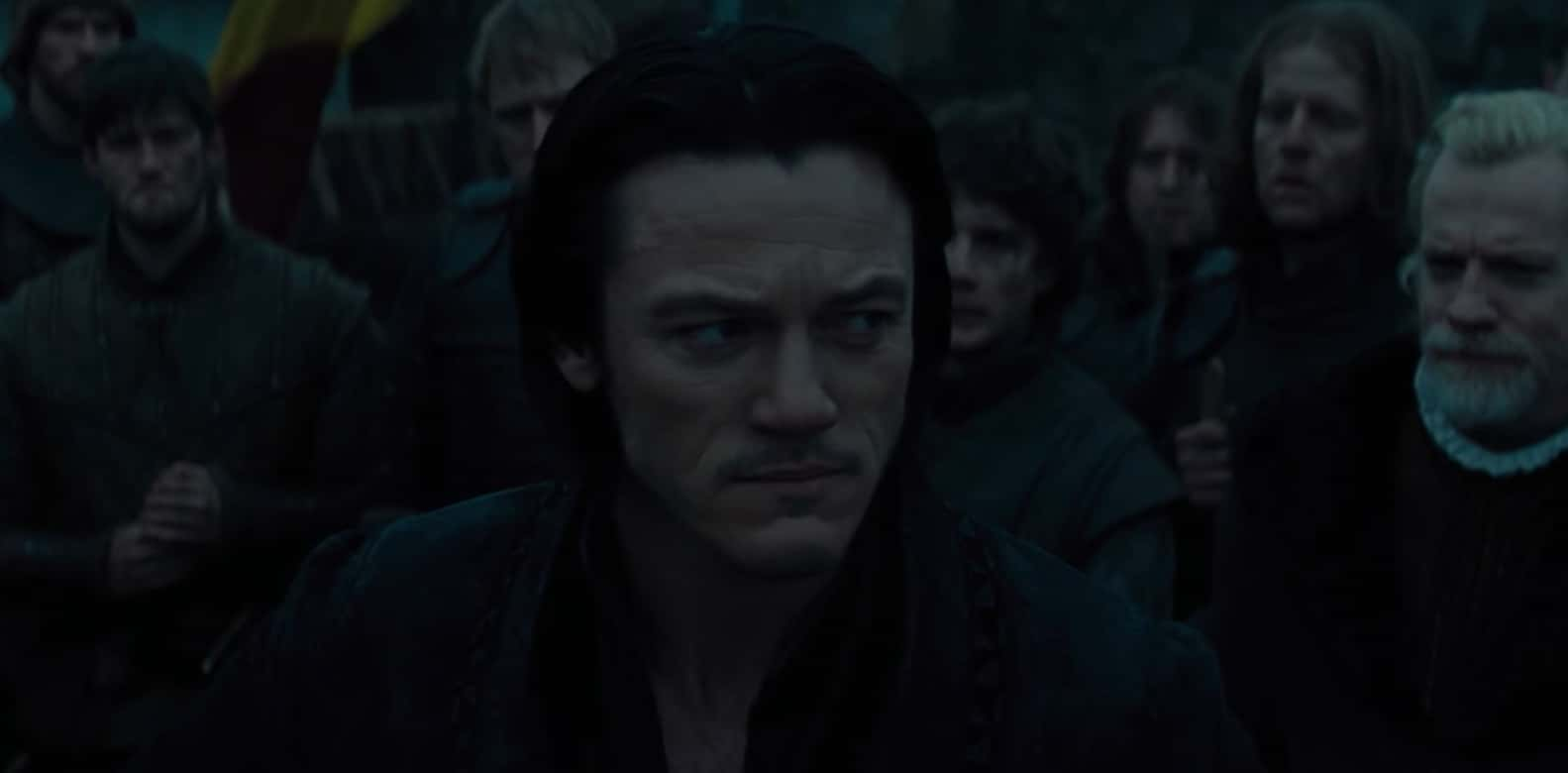 Dracula Untold, Universal Pictures
Dracula Untold, Universal Pictures
41. The Forest of the Impaled
Vlad was unspeakably cruel countless times in his life, but the most horrifying of them all came during the Ottoman invasion. The Turks had made it as far as his capital of Targoviste, but when they arrived, they found the city deserted. Or well, deserted of the living. In their place, Vlad left what has been called "The Forest of the Impaled".
Thousands of people hung from pikes throughout the city. According to one contemporary report, the forest contained 20,000 souls.
42. A Morbid Sense of Humor
Perhaps unsurprisingly, Dracula was known for his morbid sense of humor. After being impaled, his victims would often twitch around as they perished. According to one account, Vlad once casually said, “Oh, what great gracefulness they exhibit!” In another story, when a soldier disrespectfully covered his nose because of the stench of the rotting corpses, Dracula impaled the unfortunate man too.
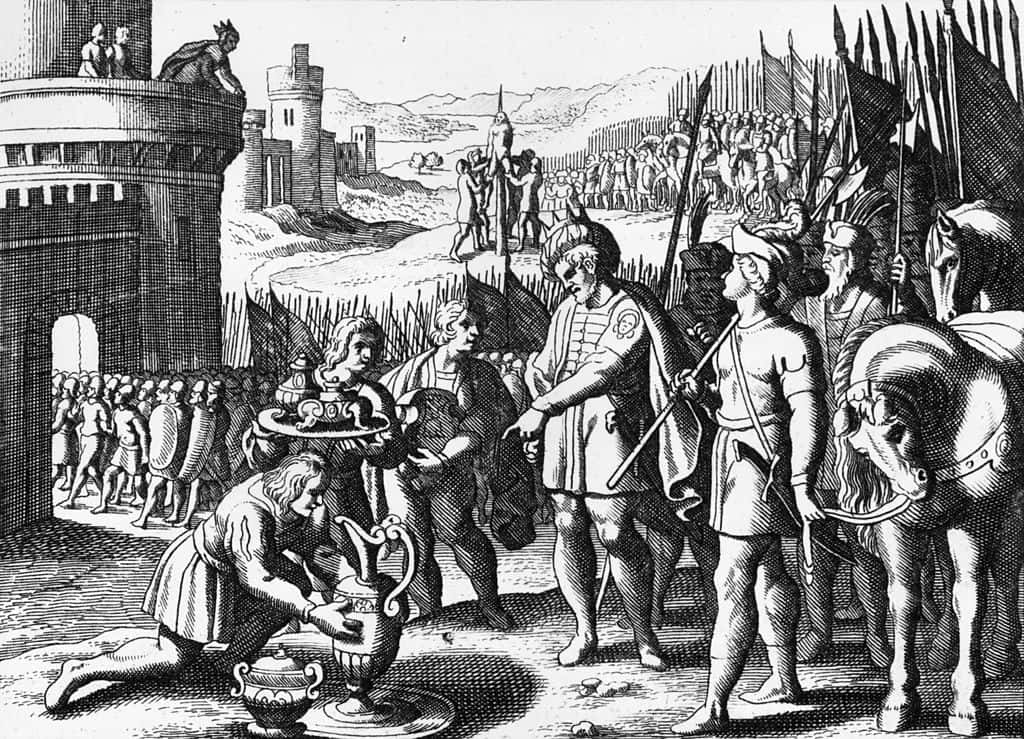 Getty ImagesSources: 1, 2, 3, 4, 5, 6, 7, 8, 9, 10, 11, 12, 13, 14, 15, 16
Getty ImagesSources: 1, 2, 3, 4, 5, 6, 7, 8, 9, 10, 11, 12, 13, 14, 15, 16



